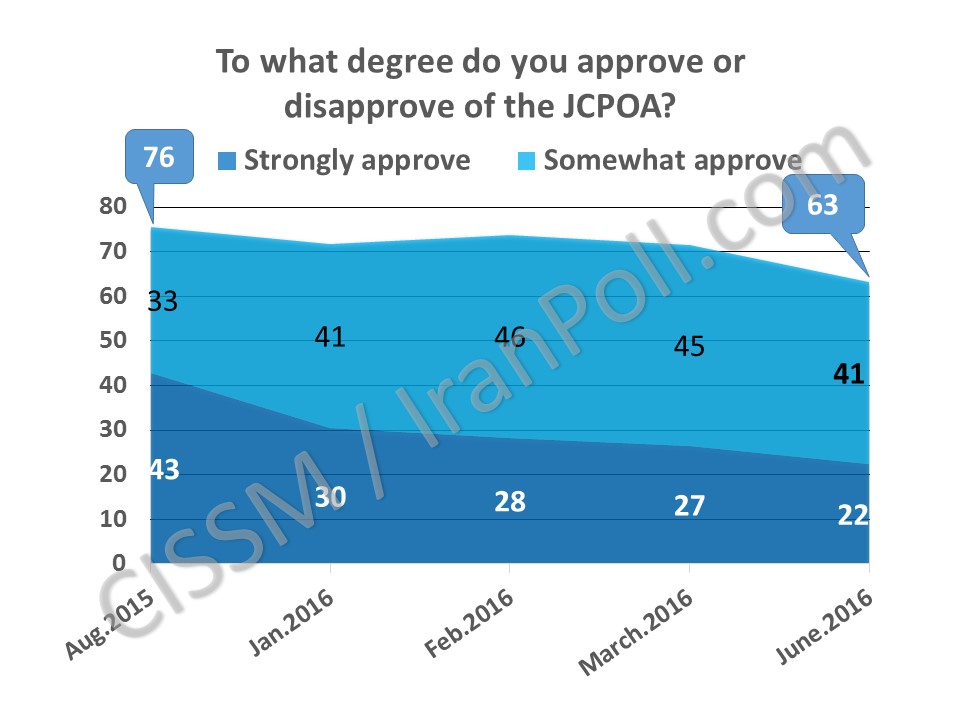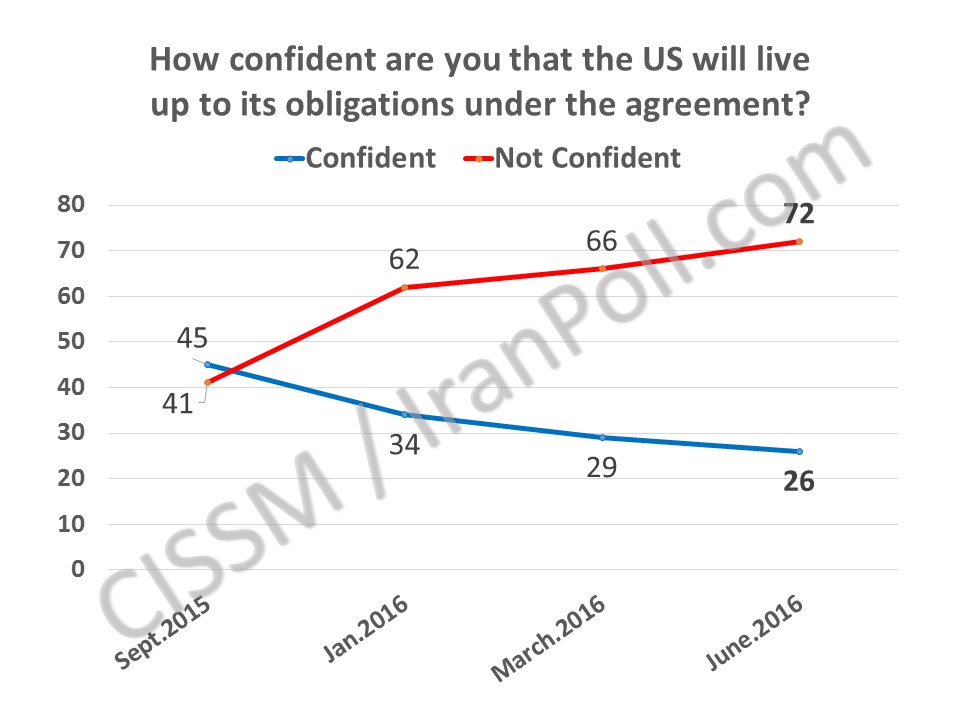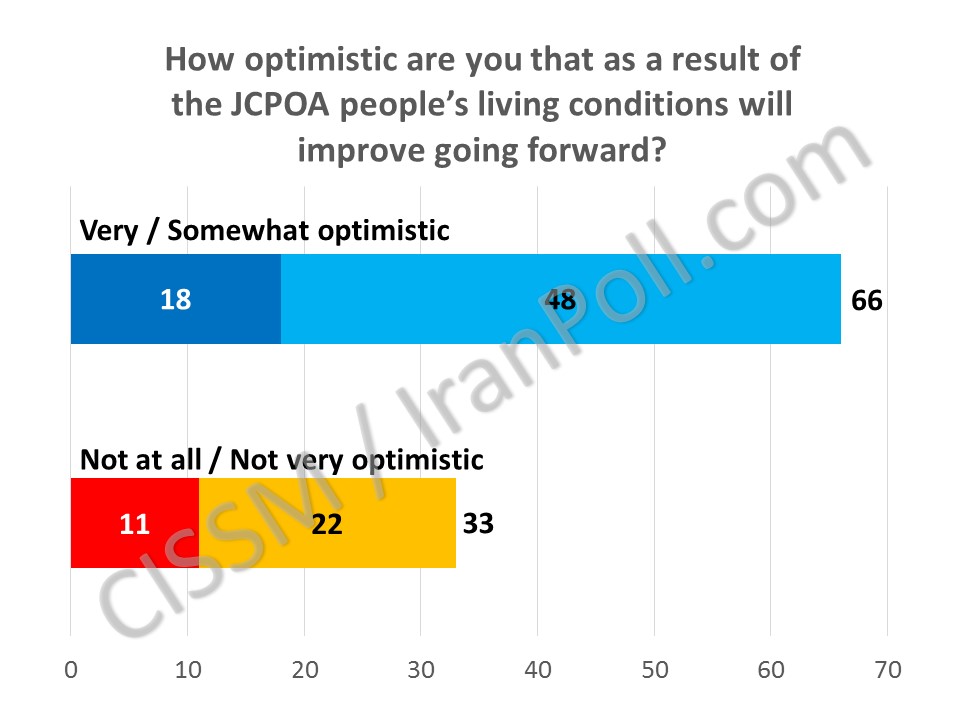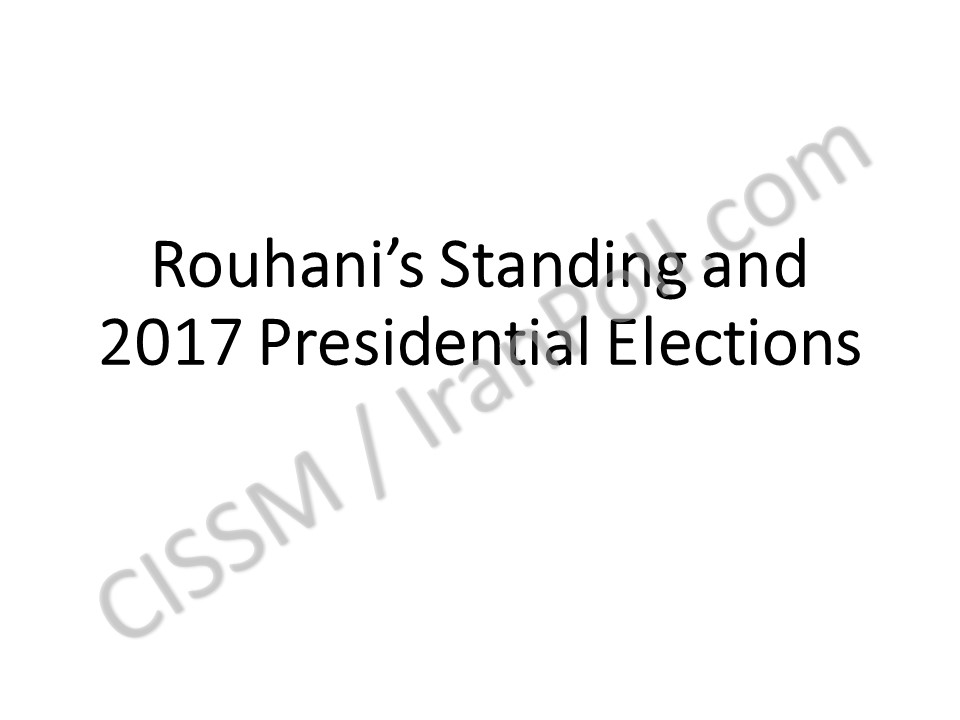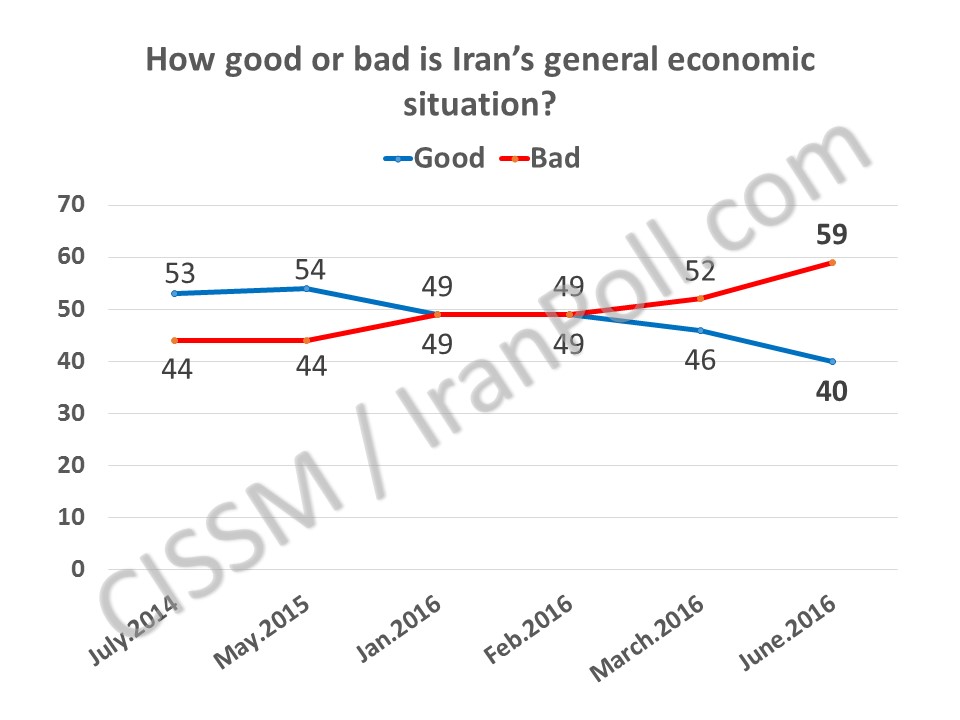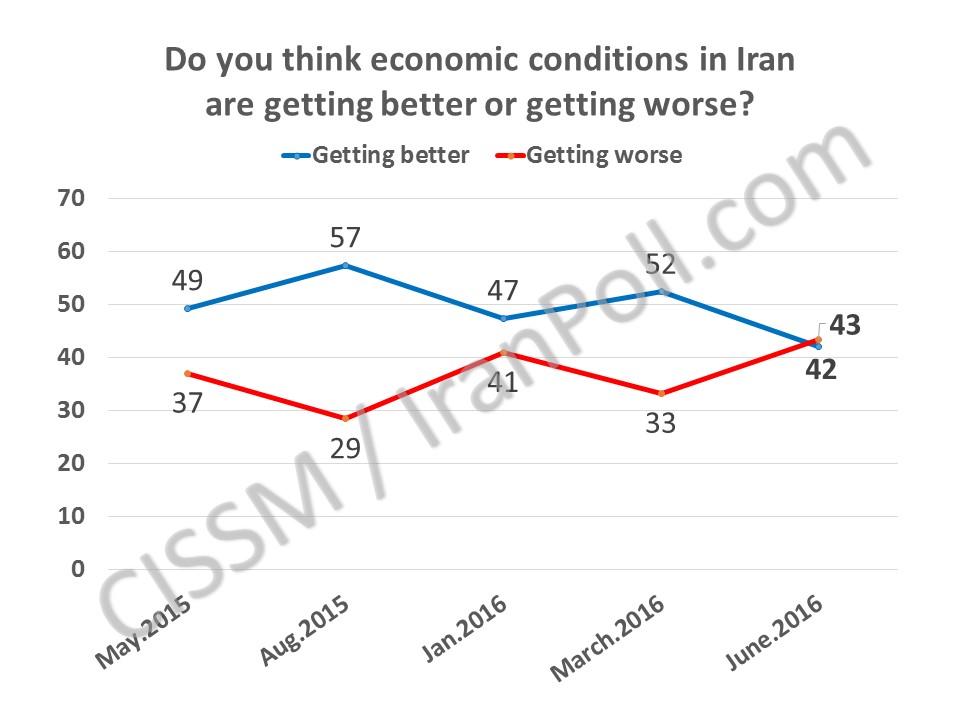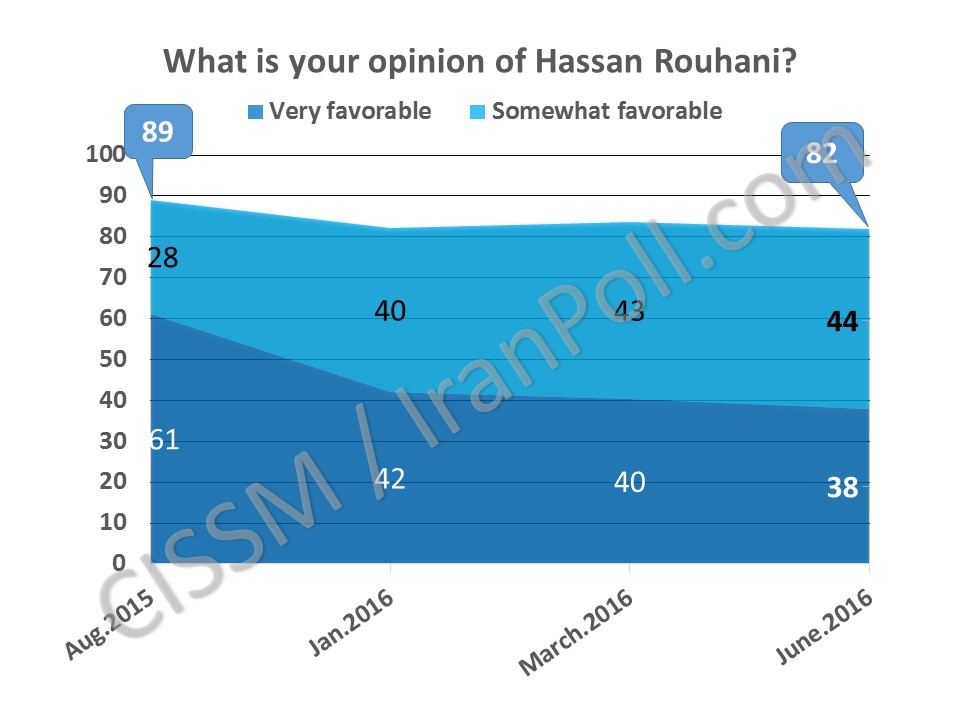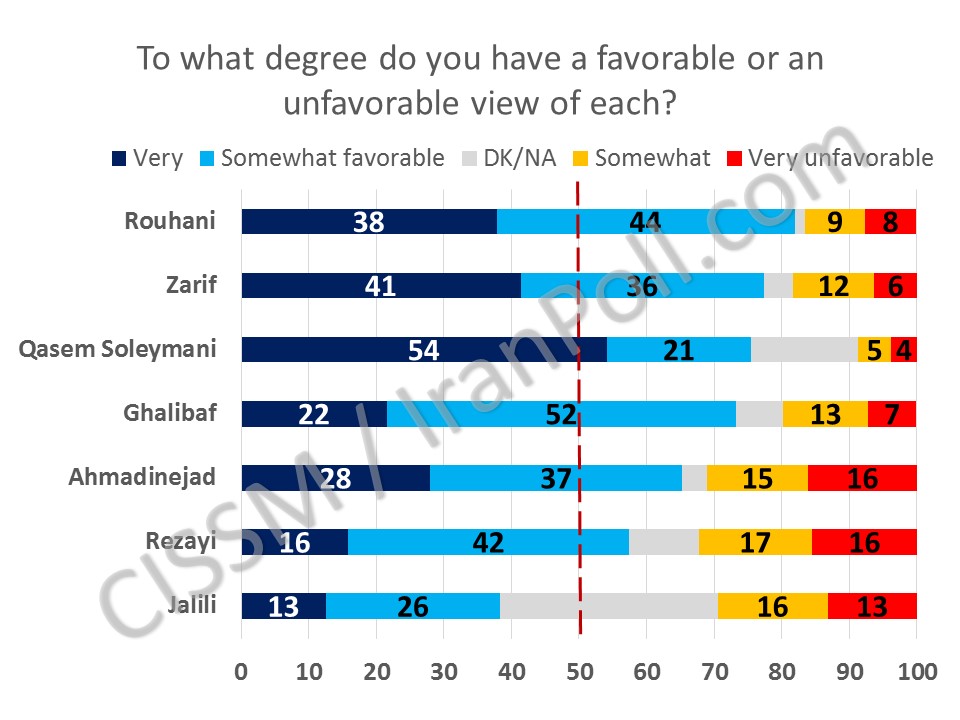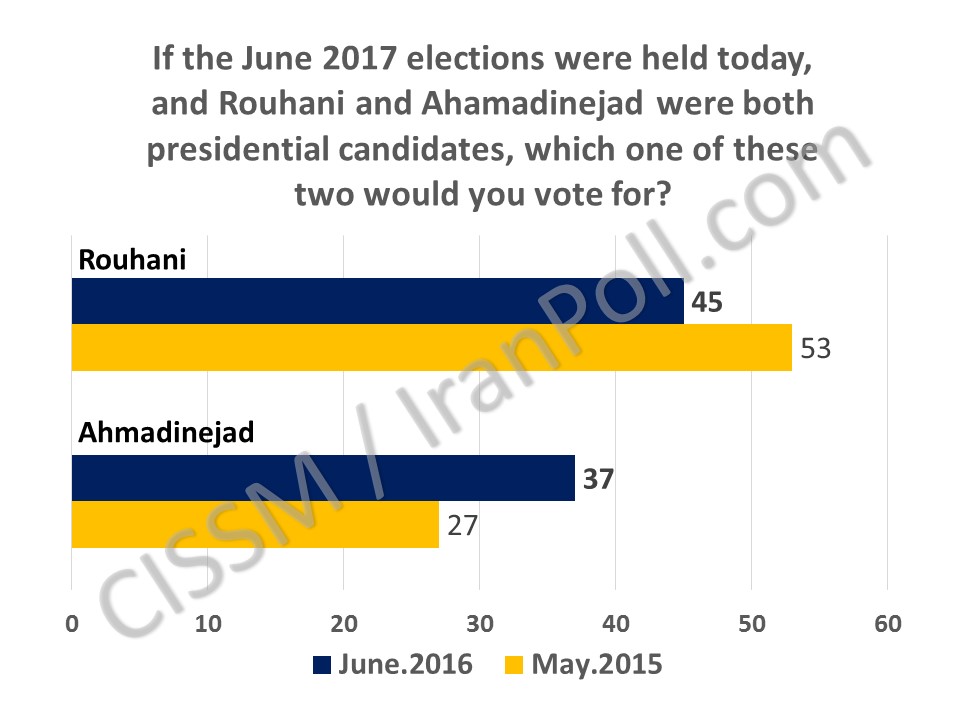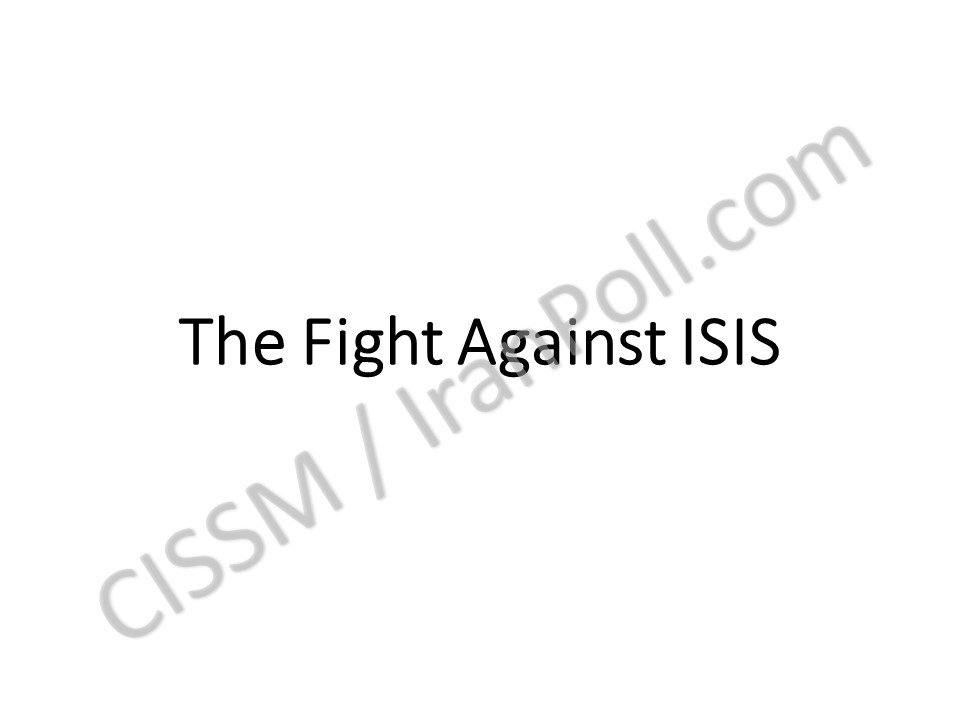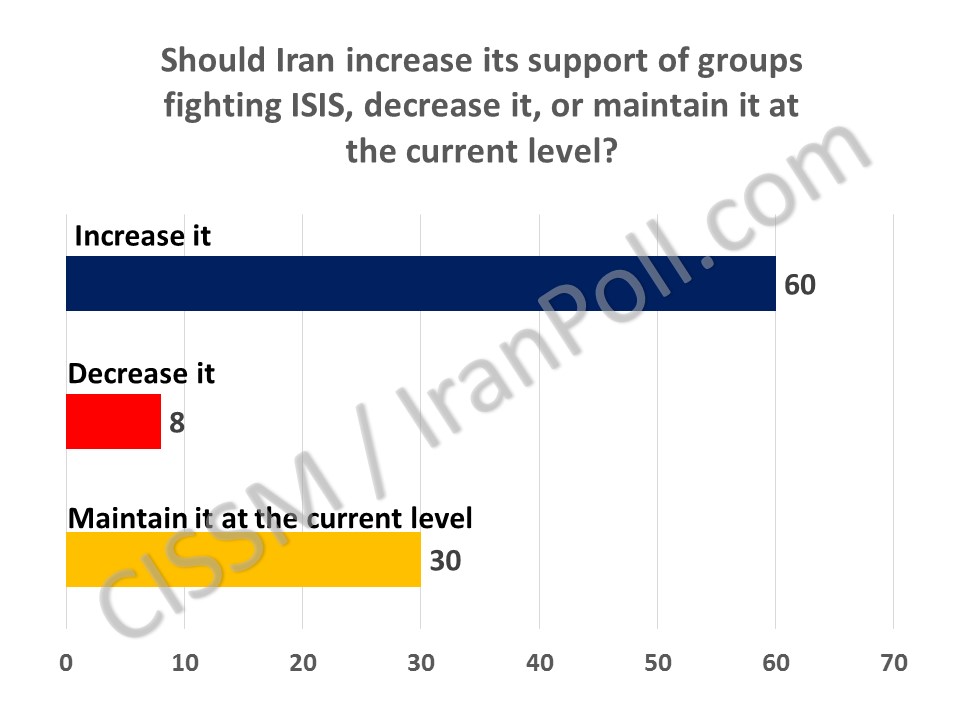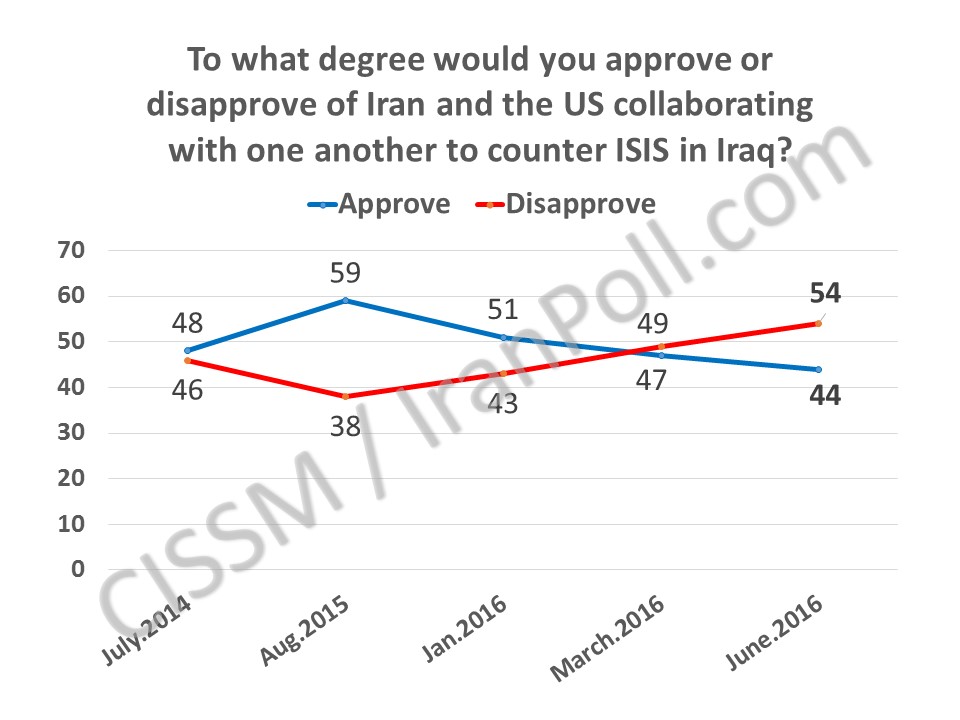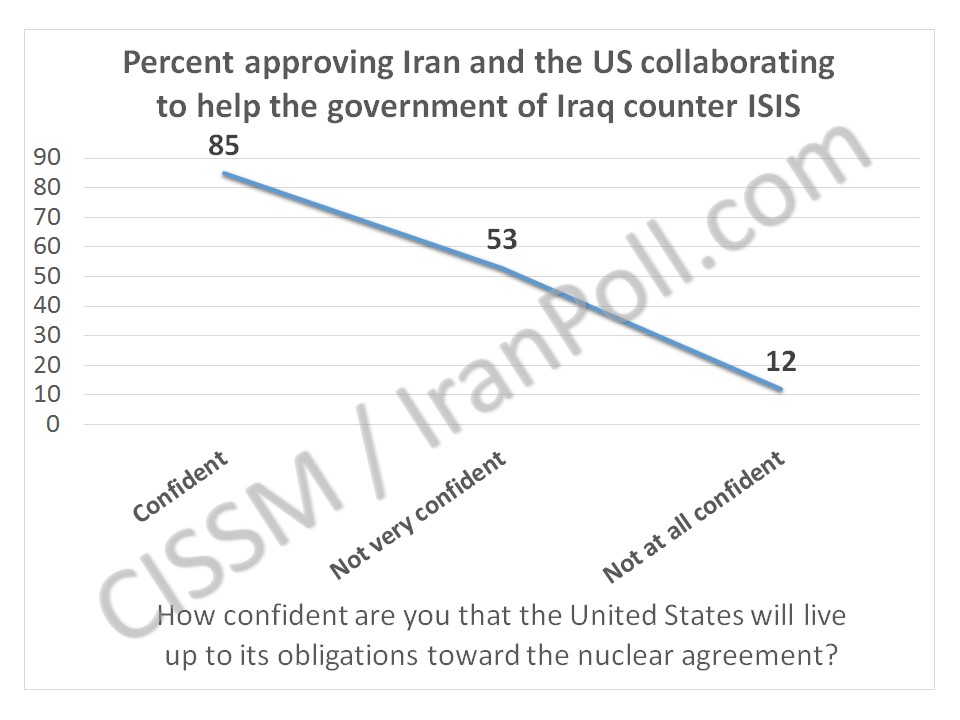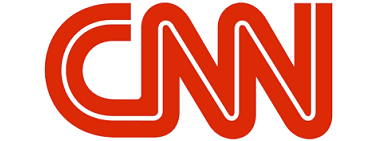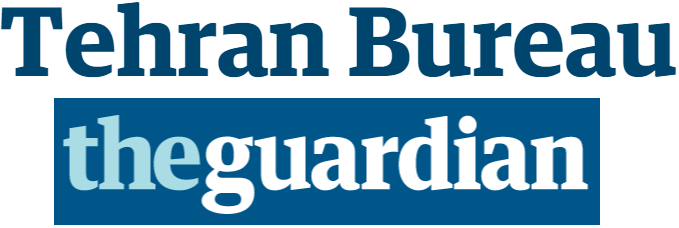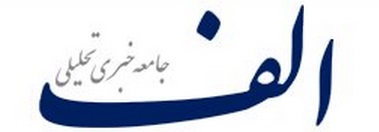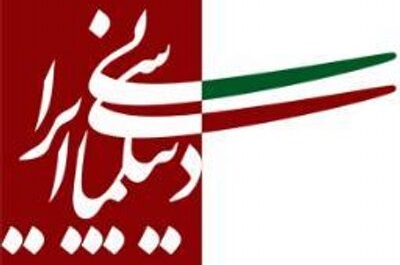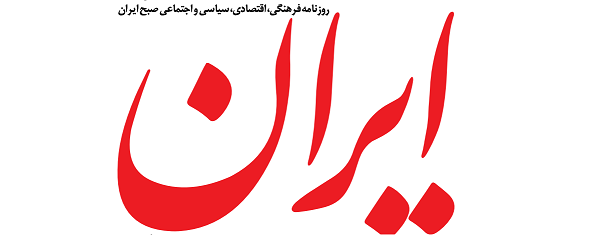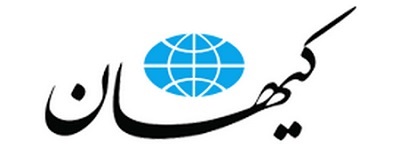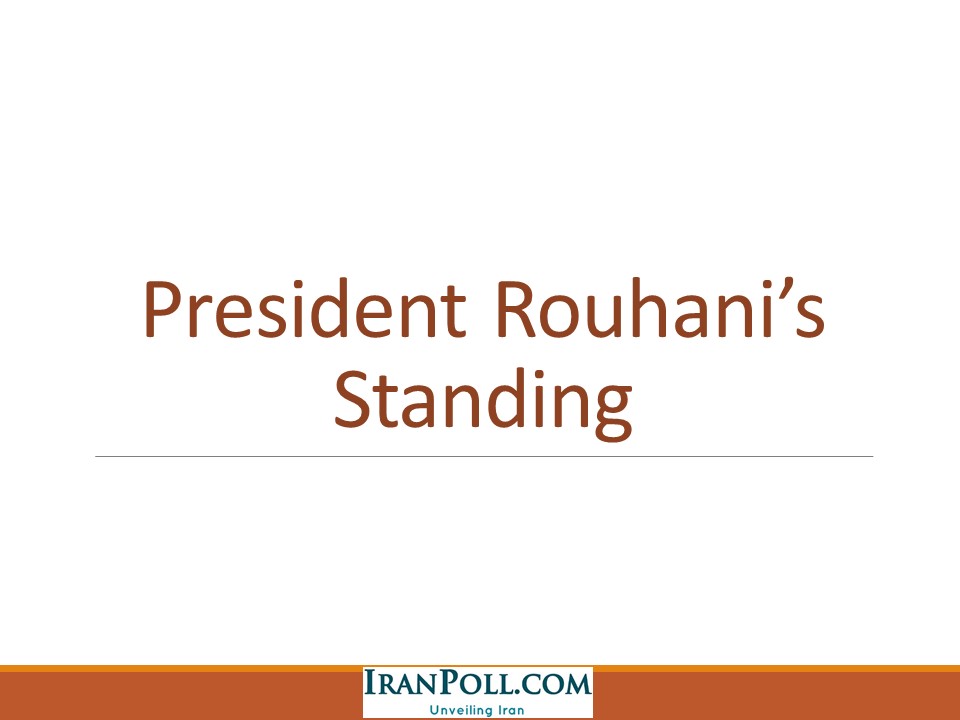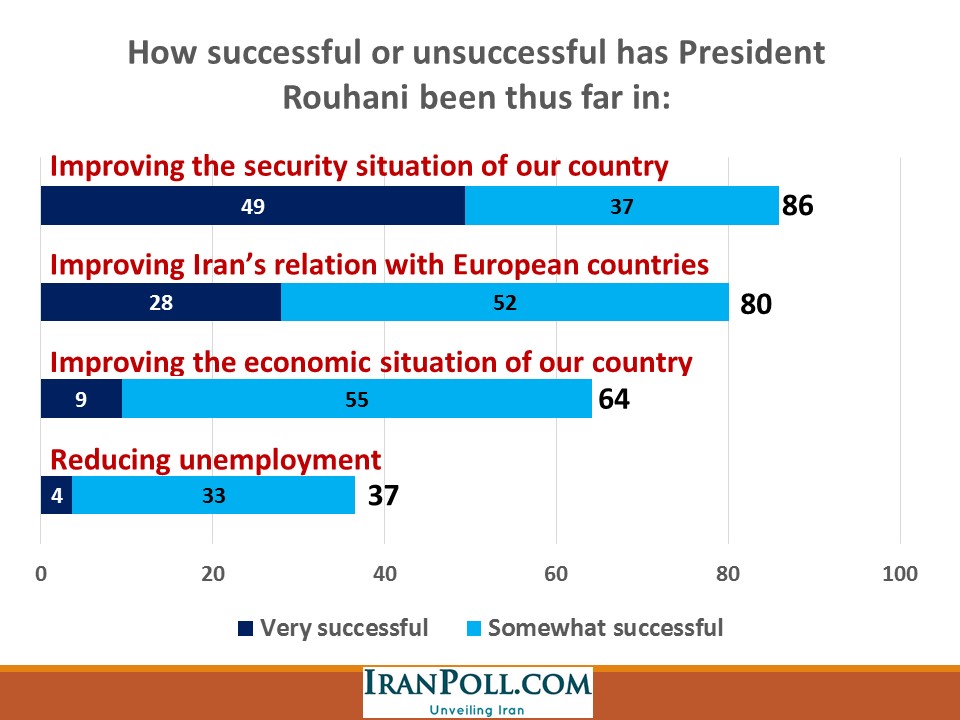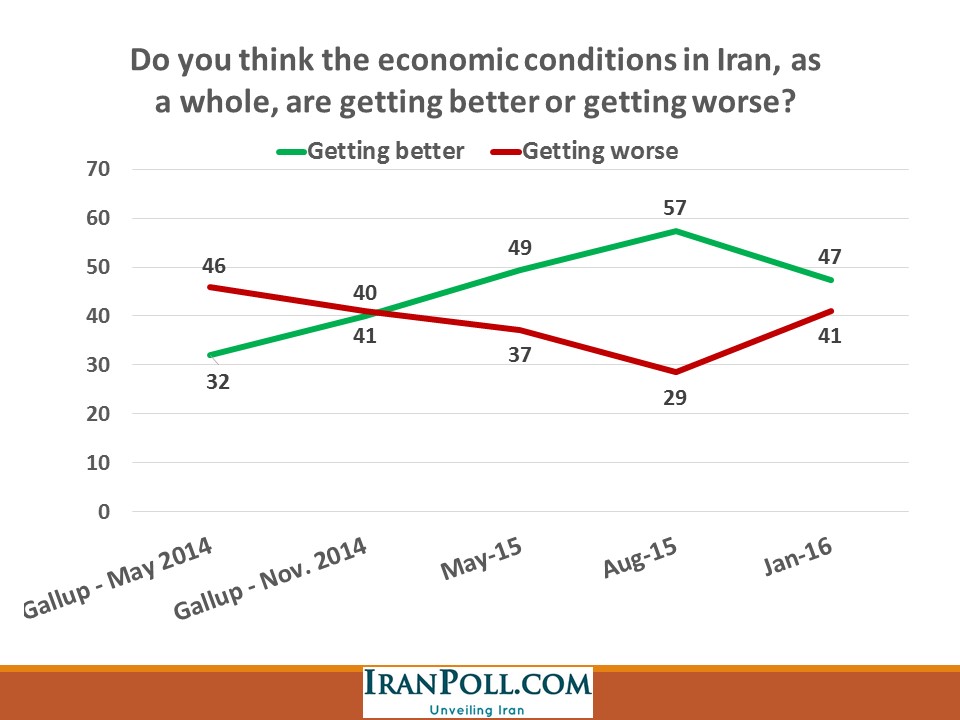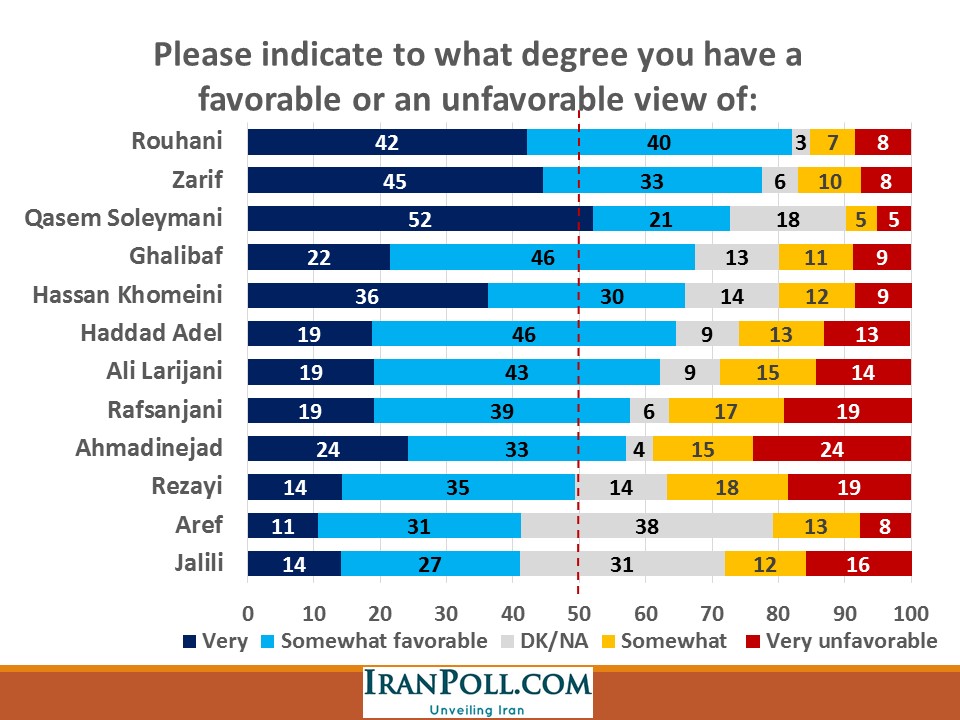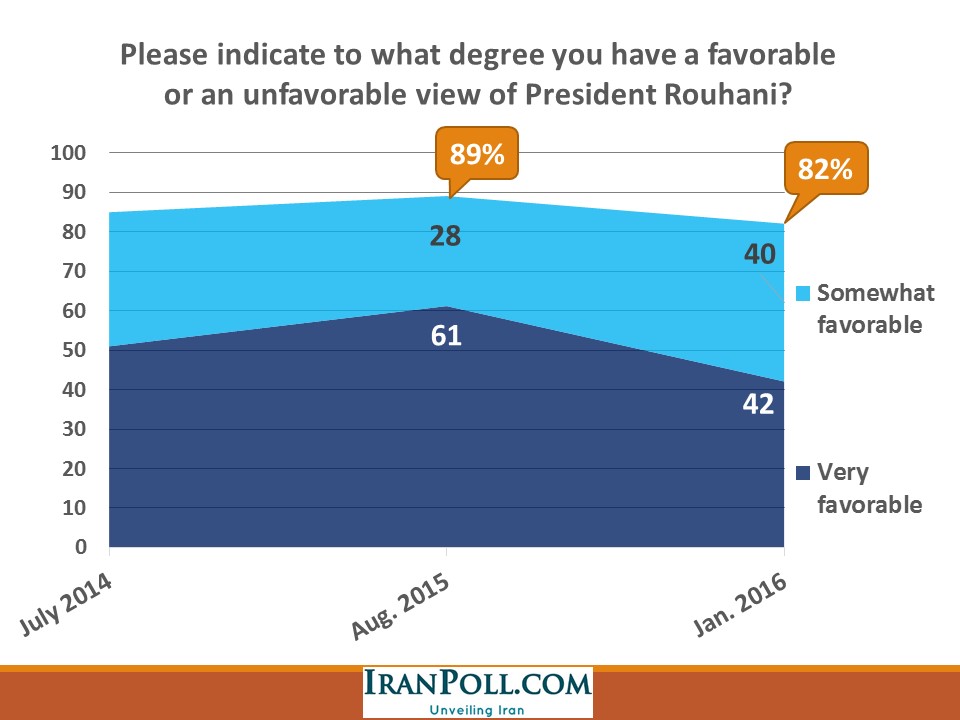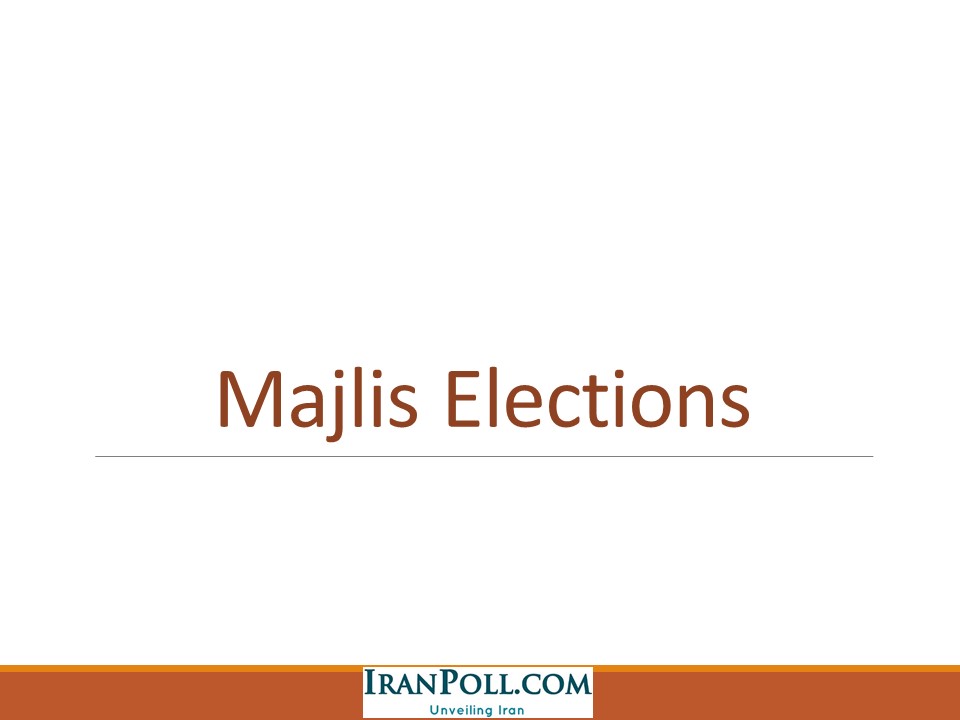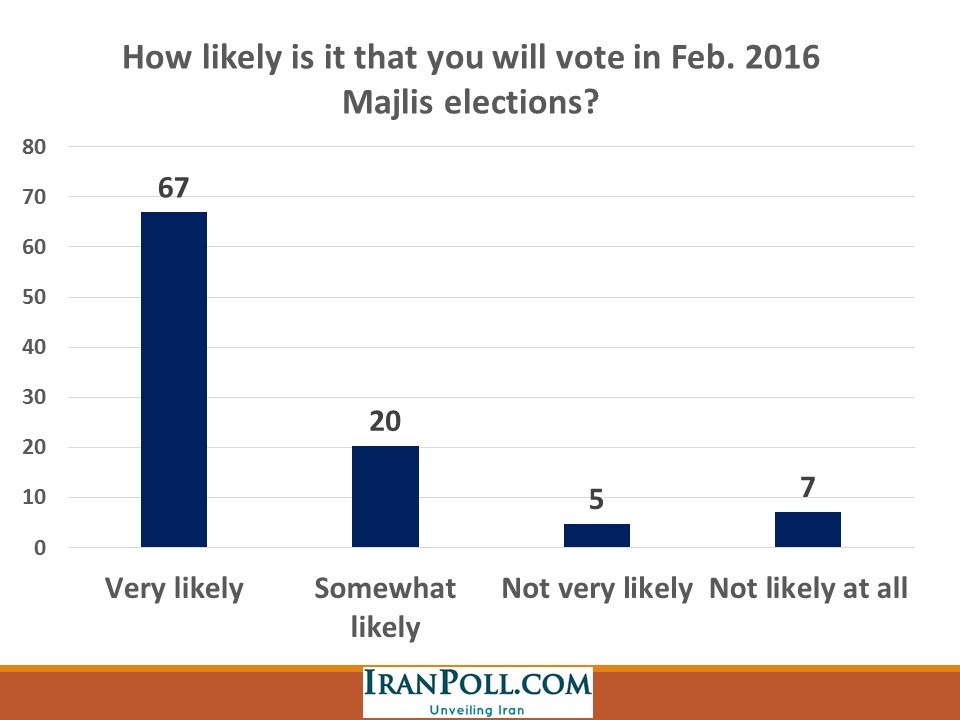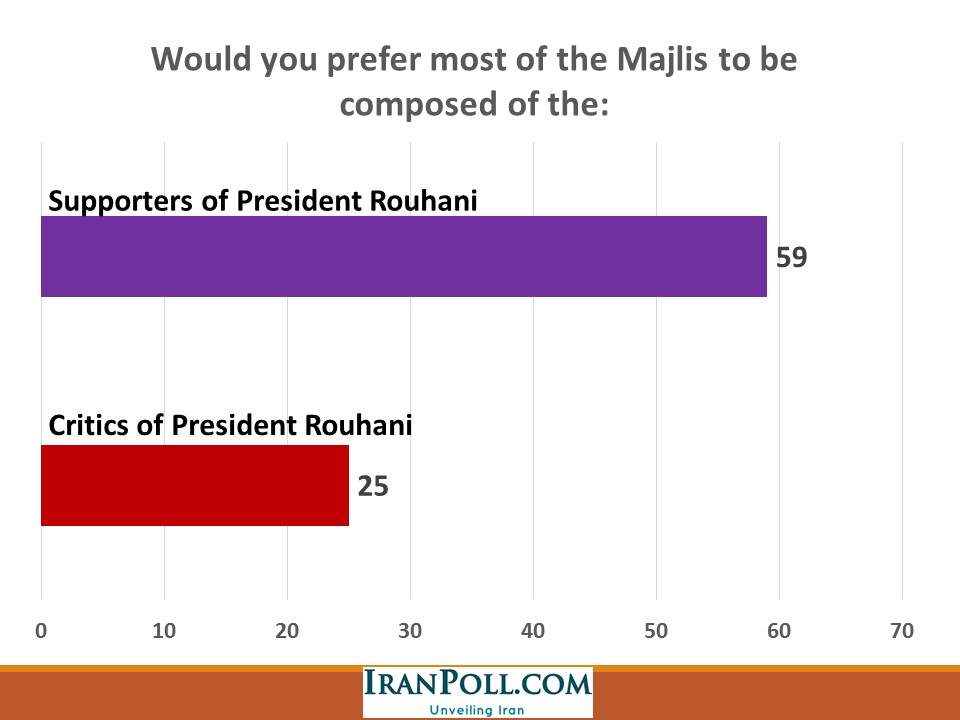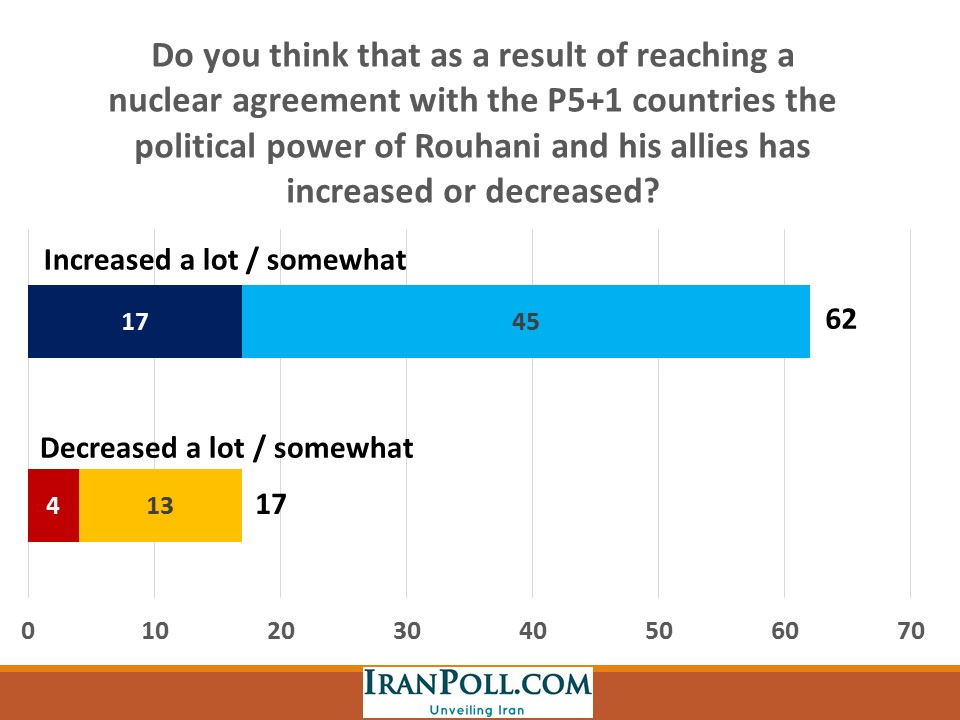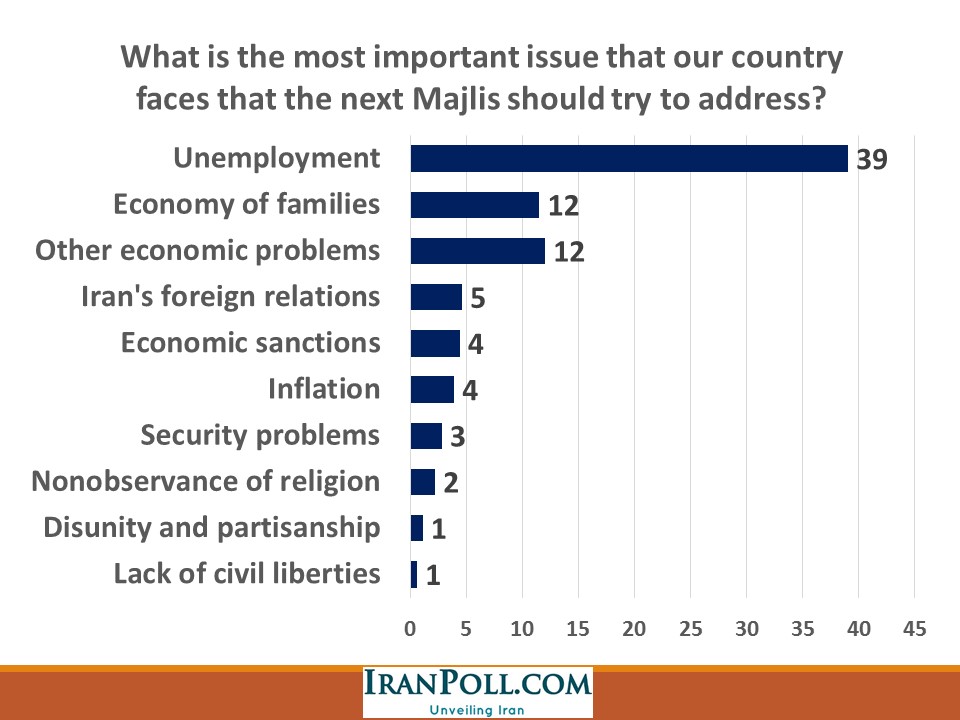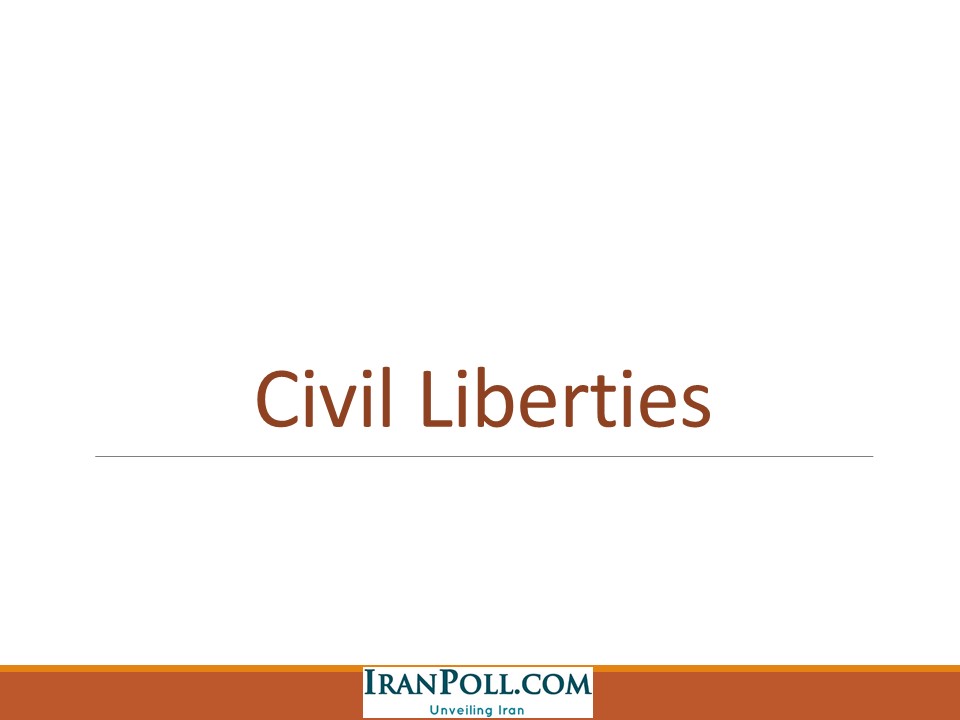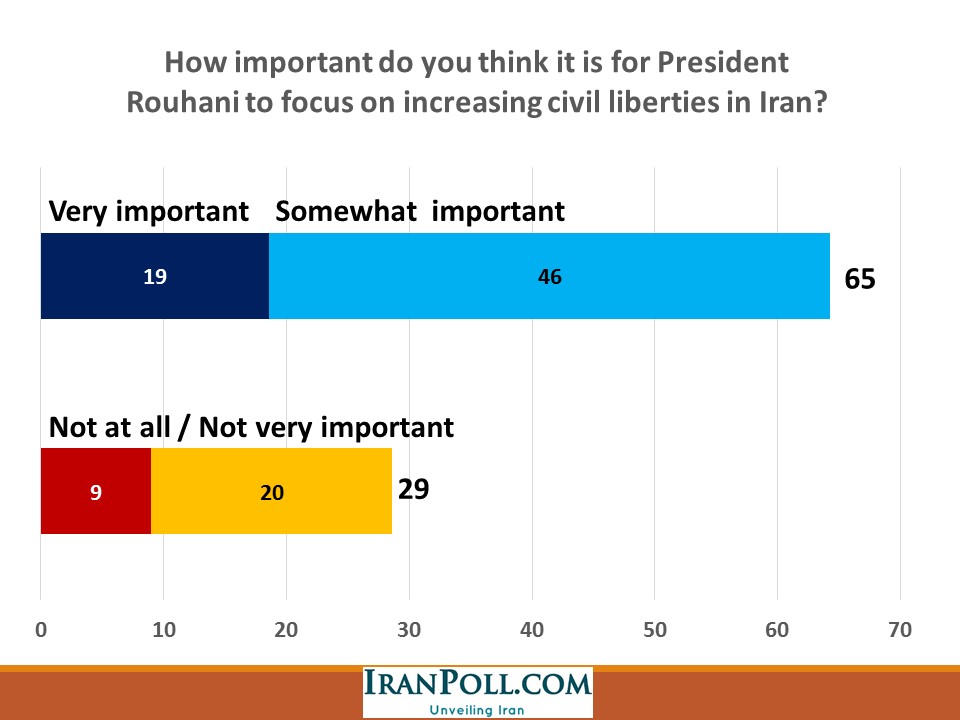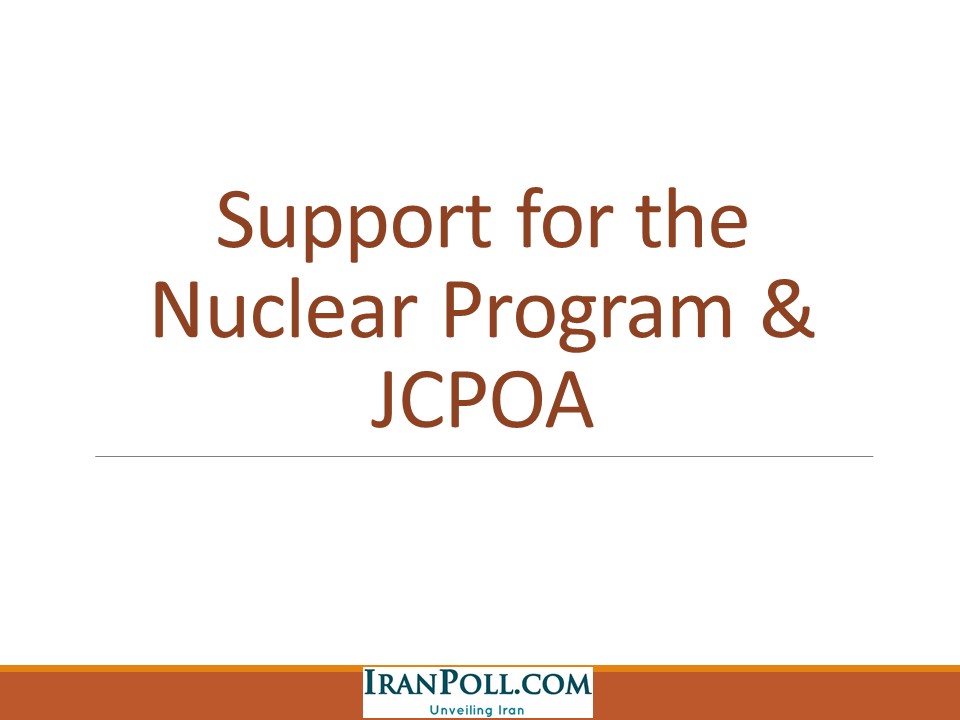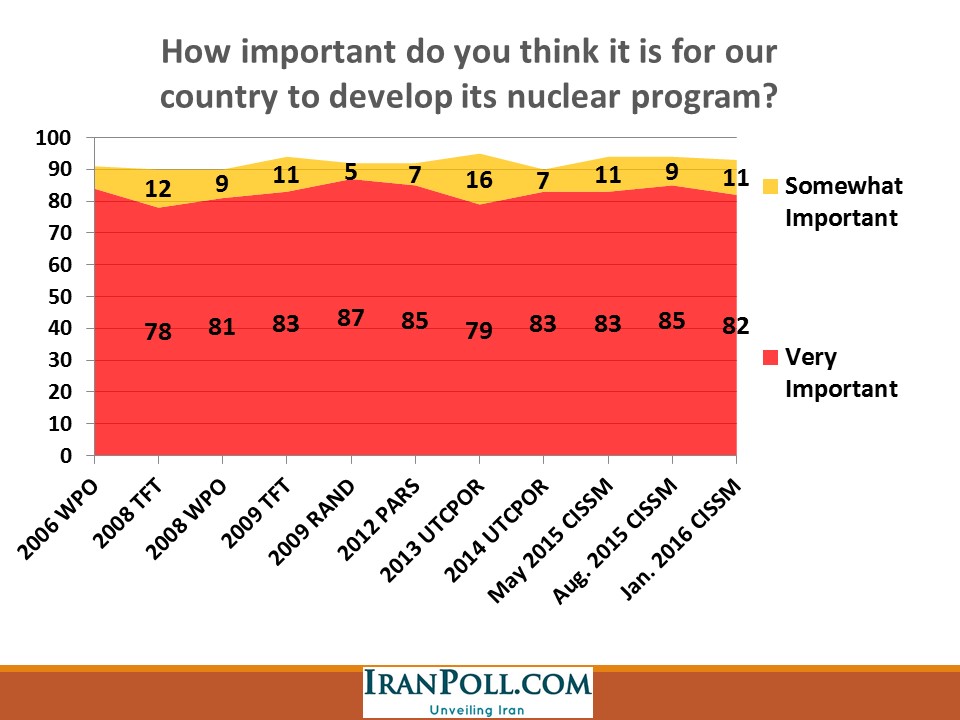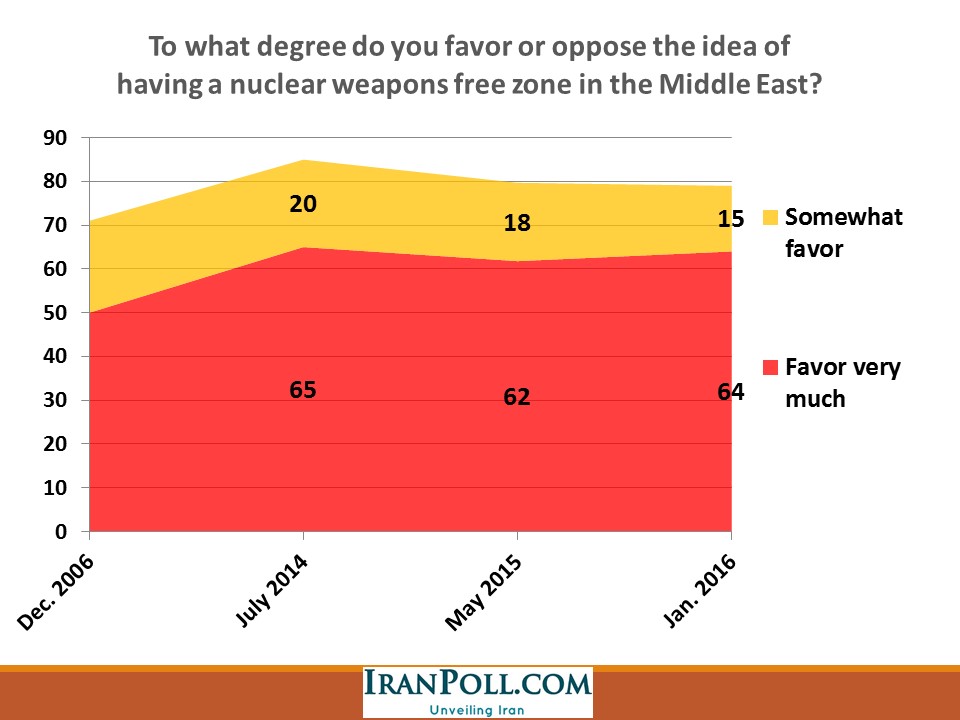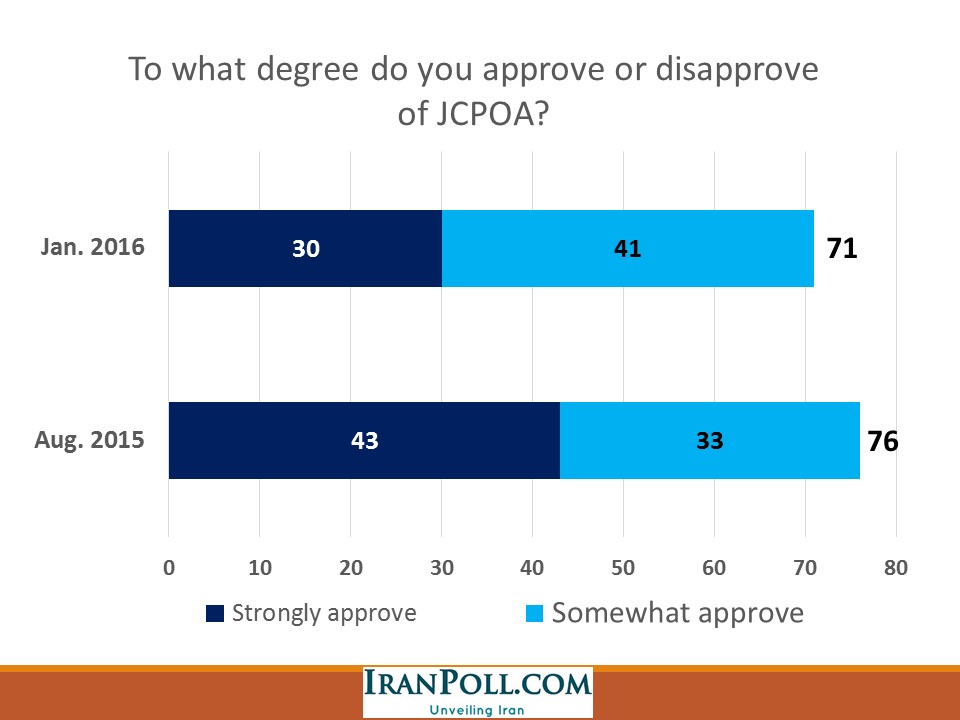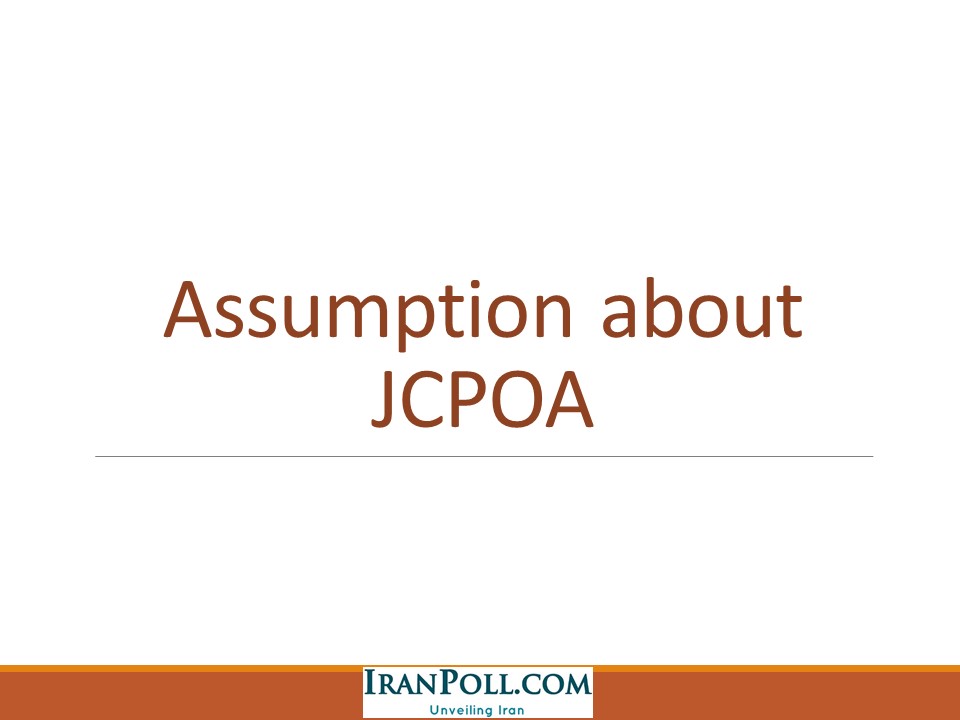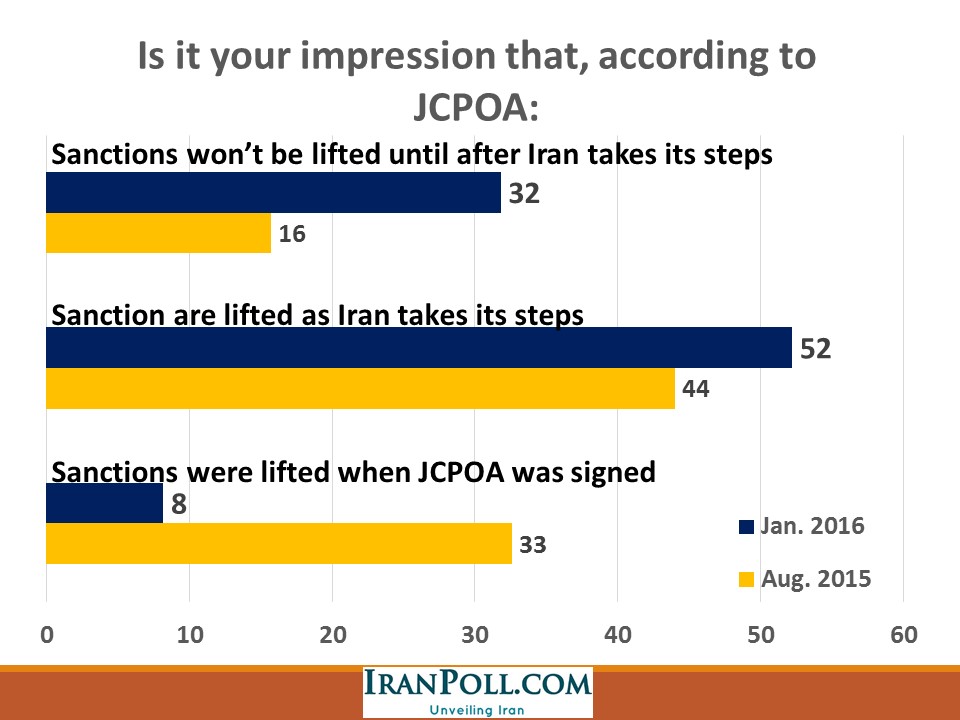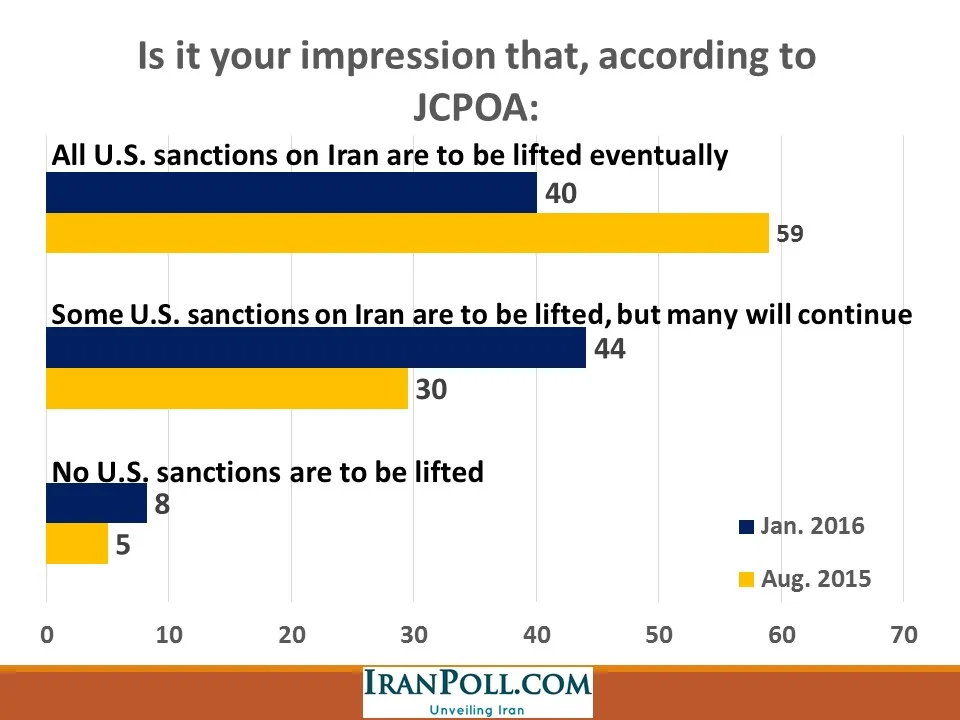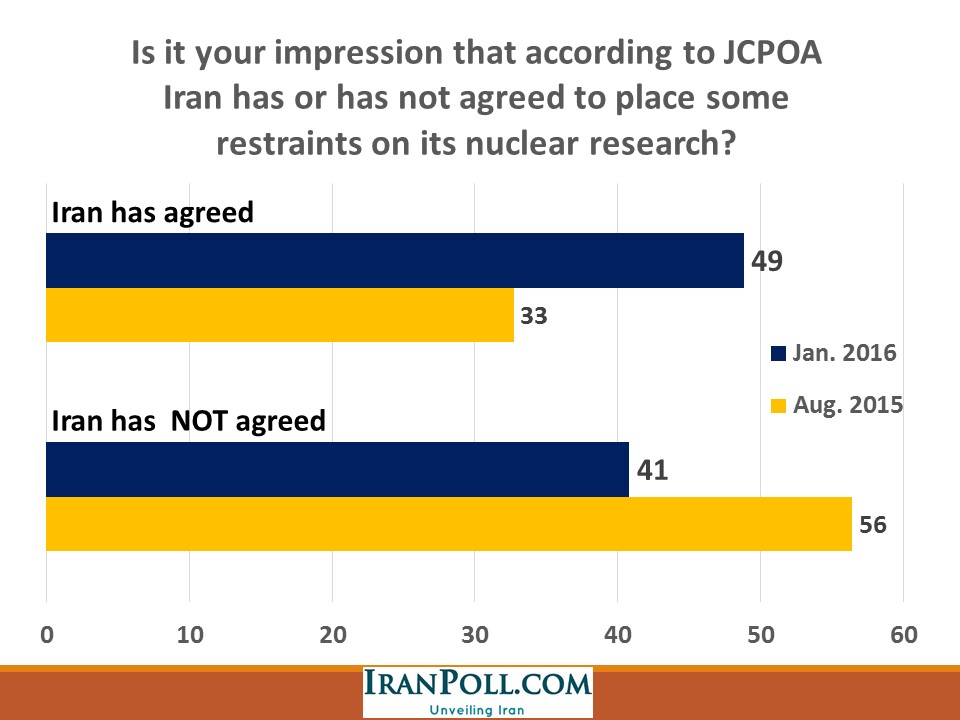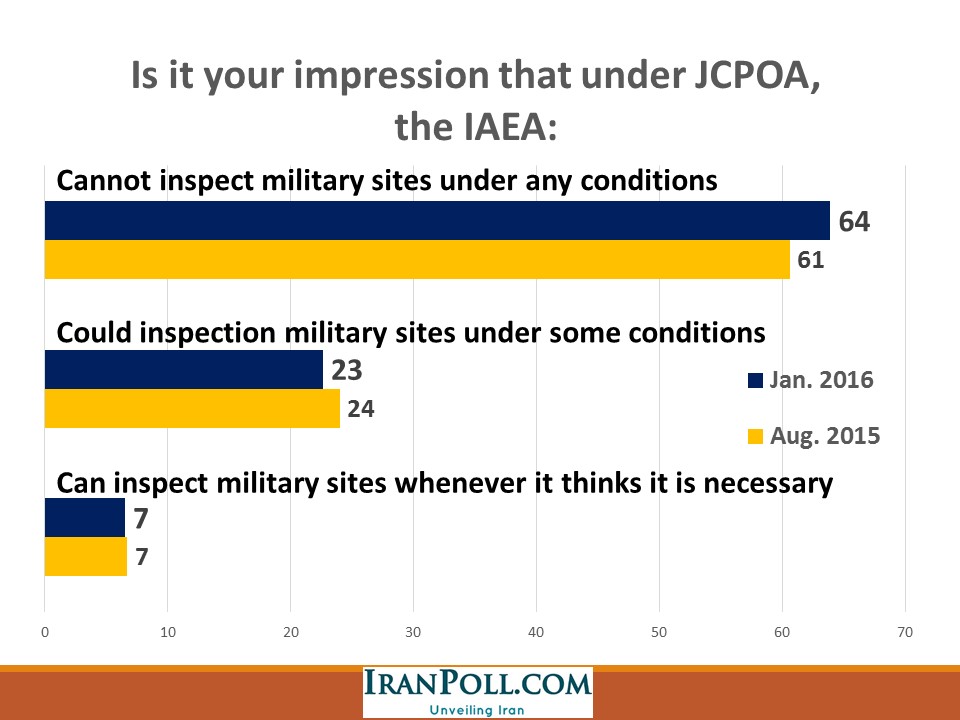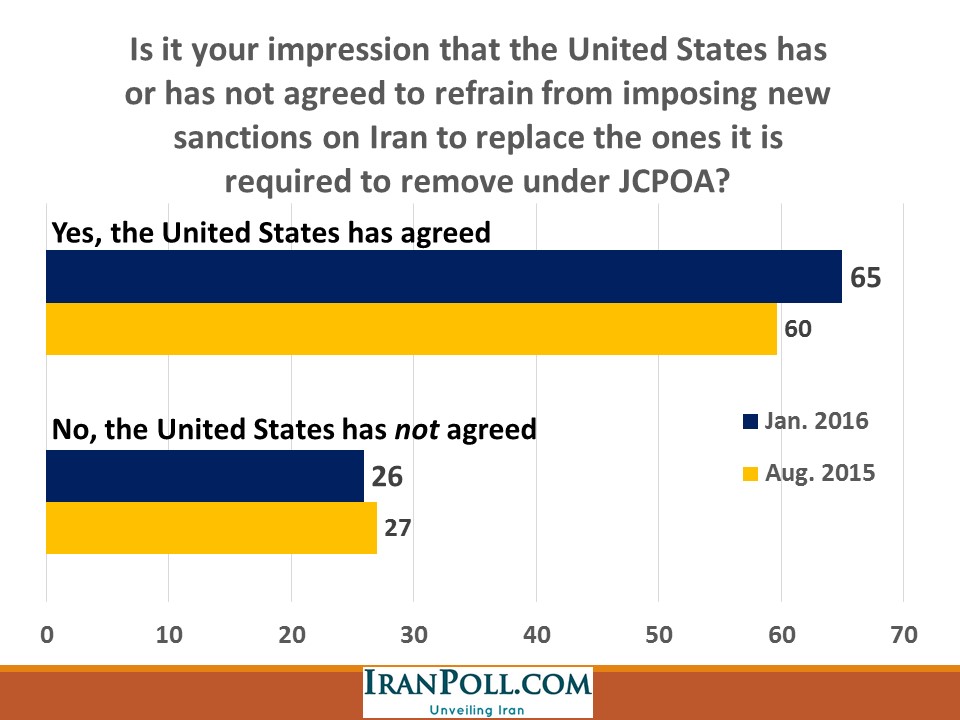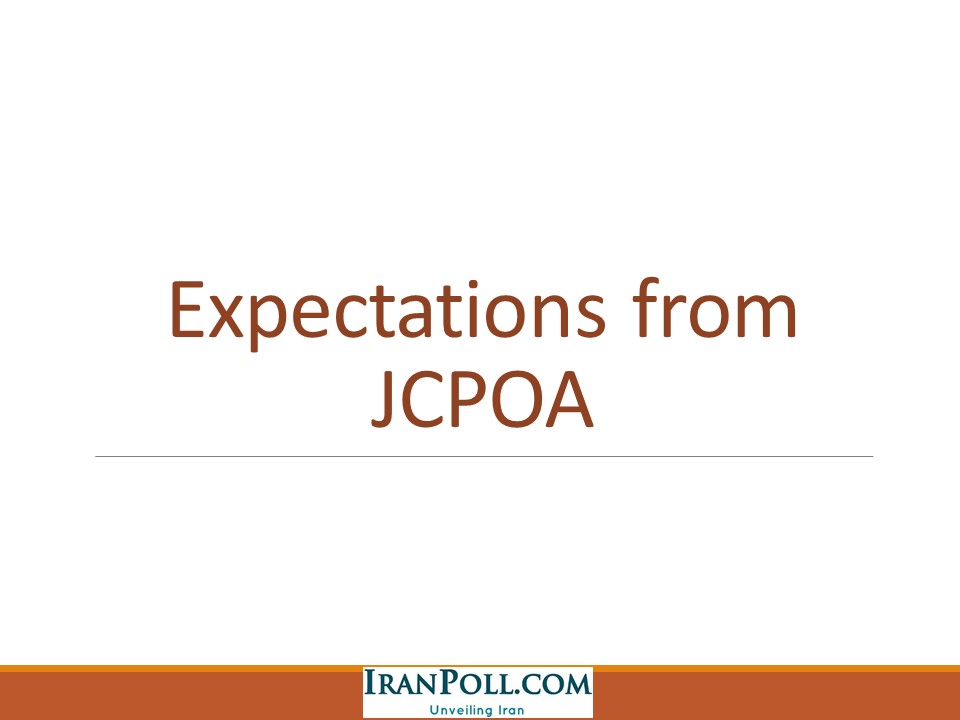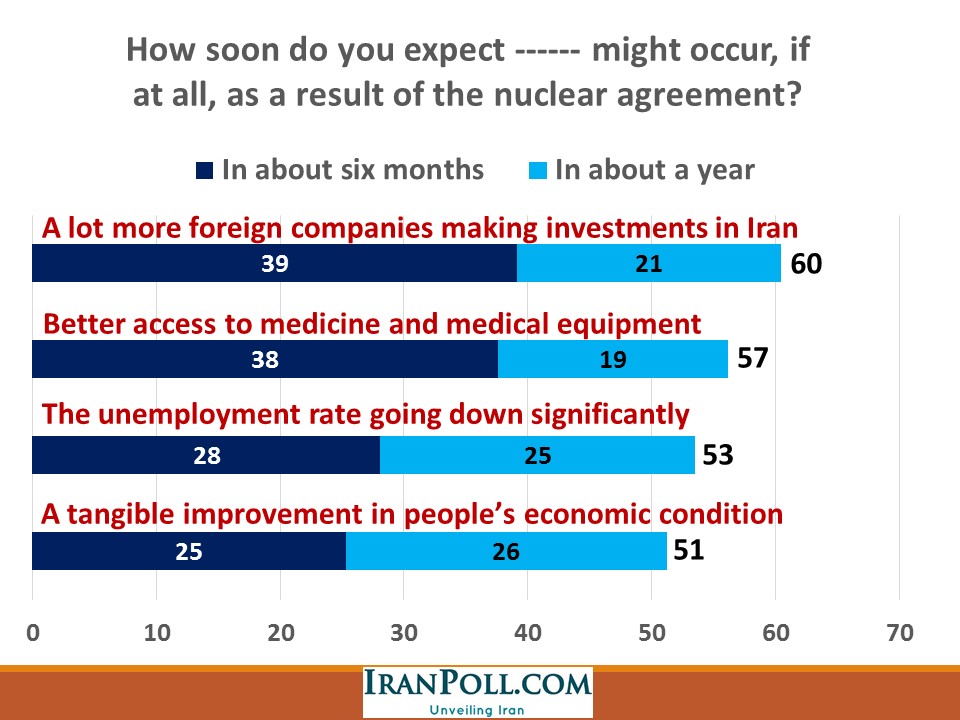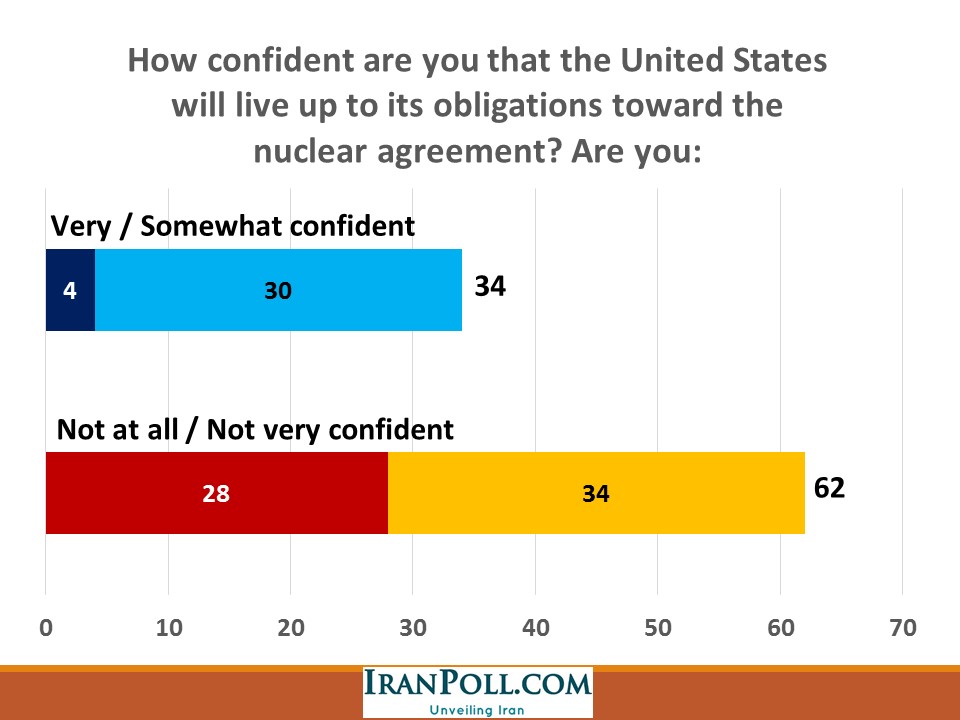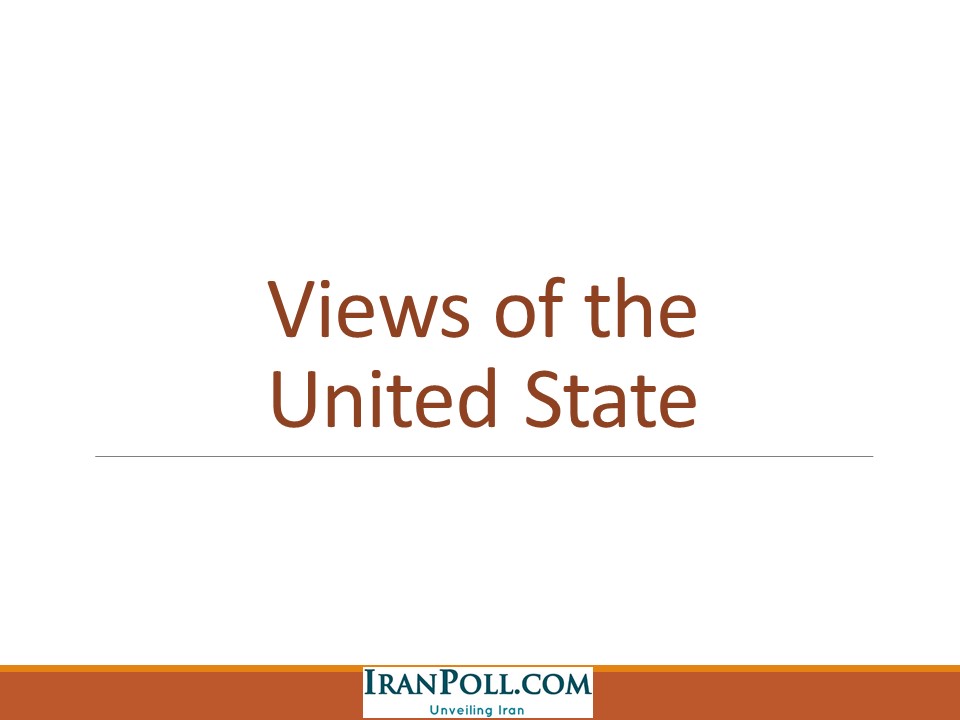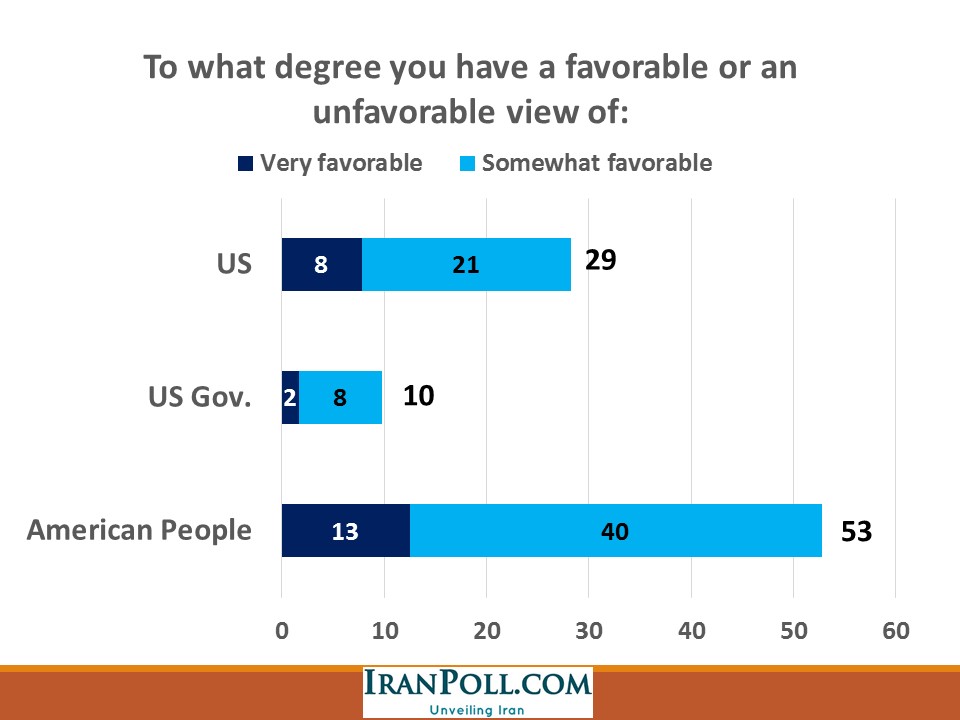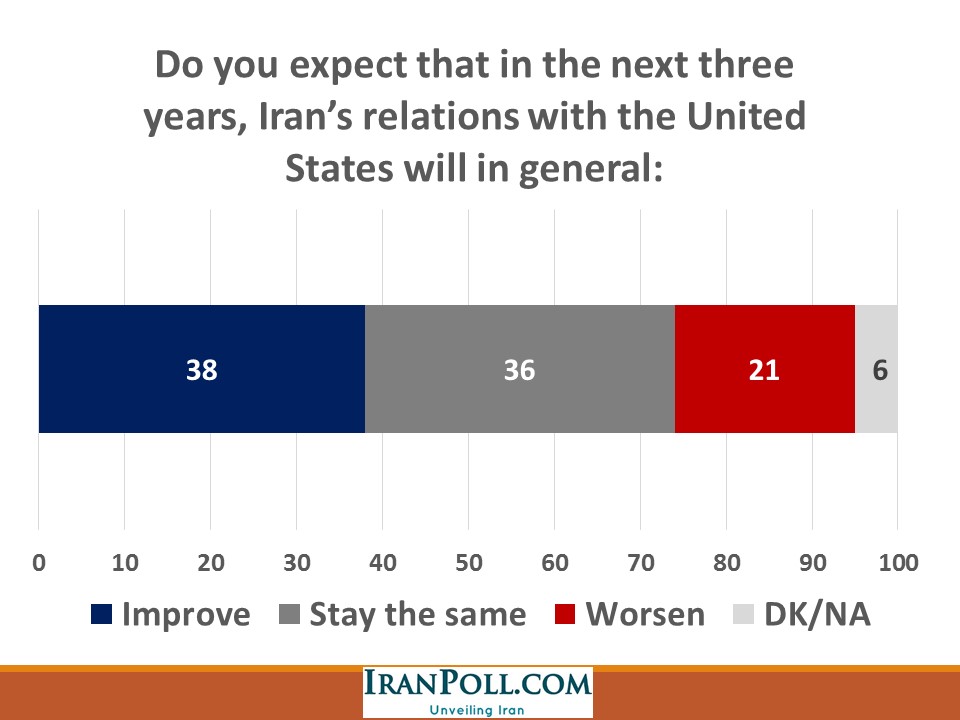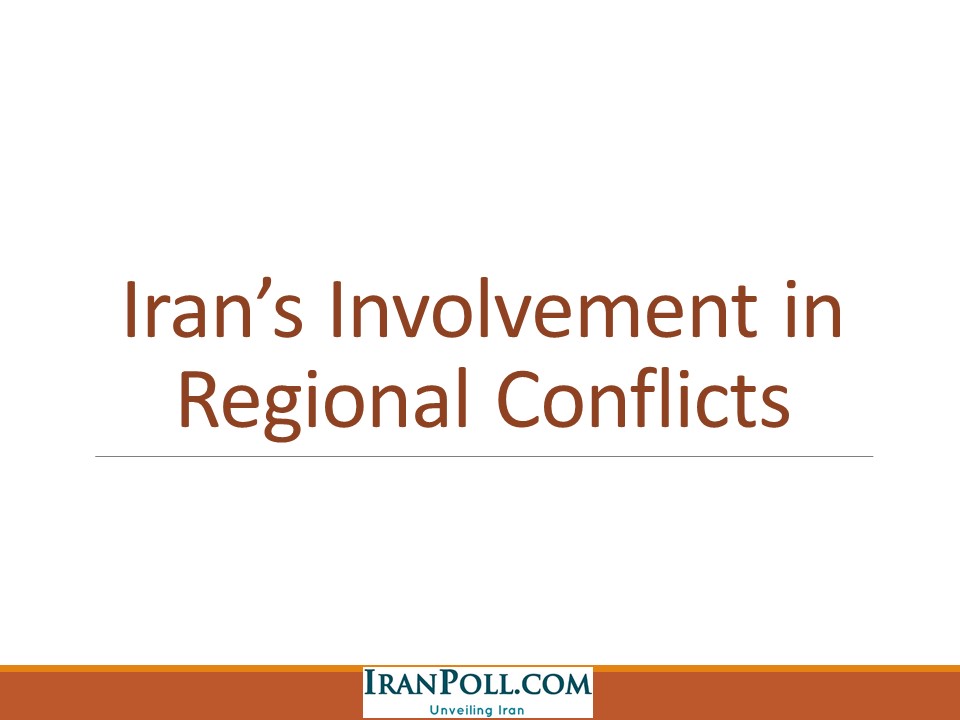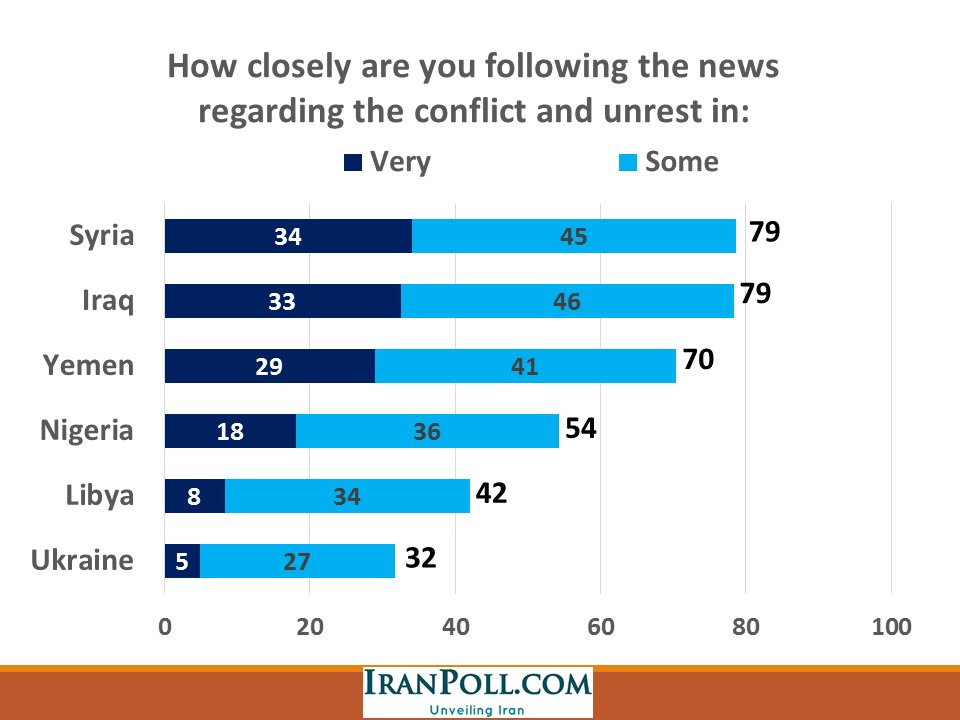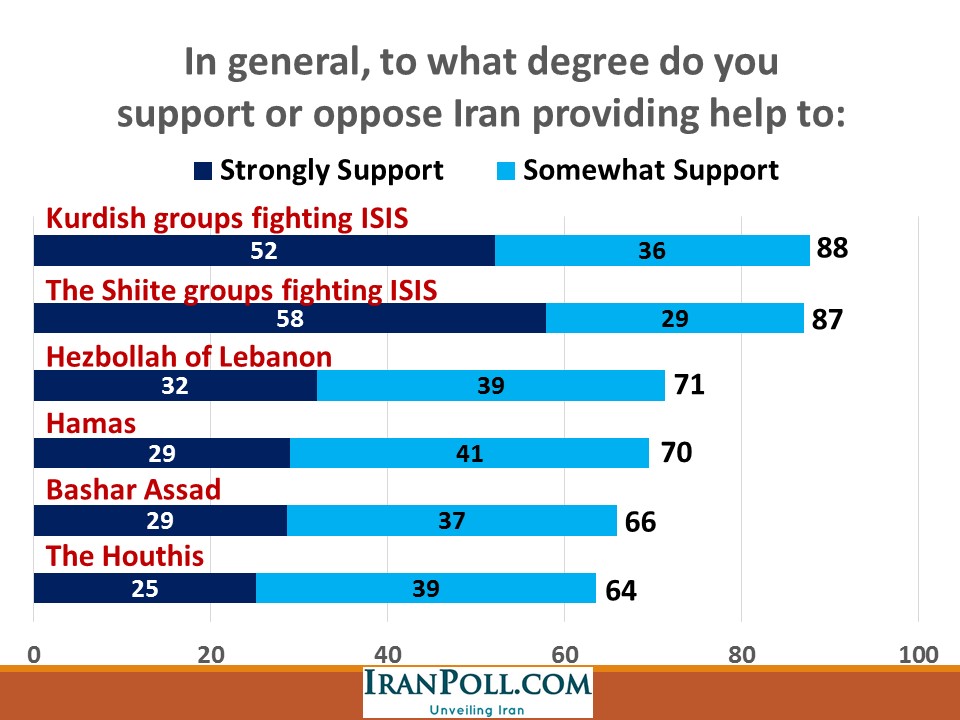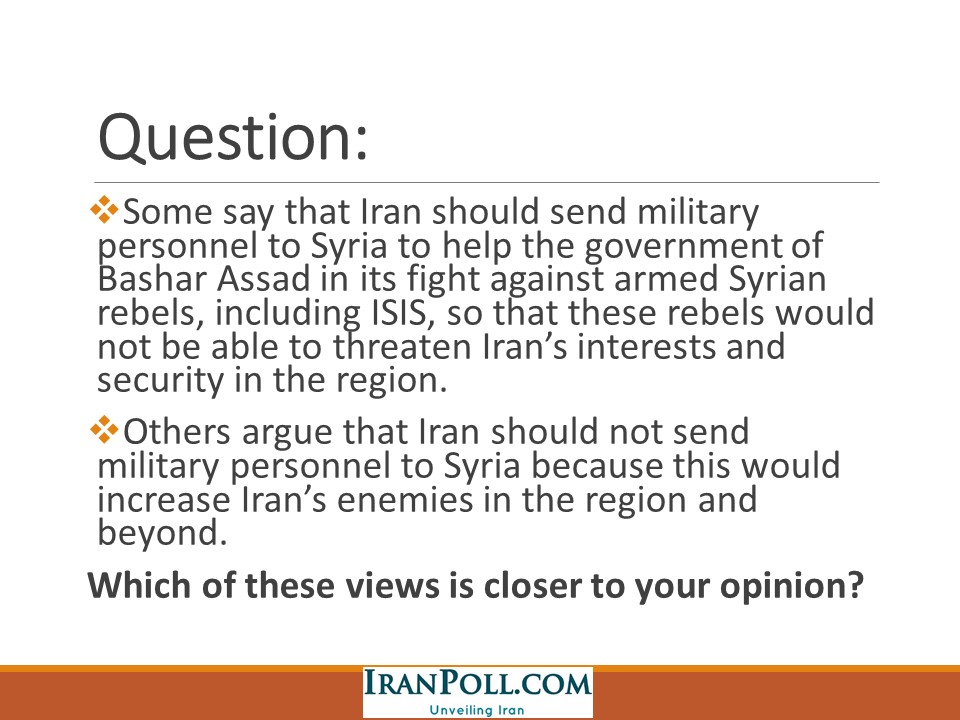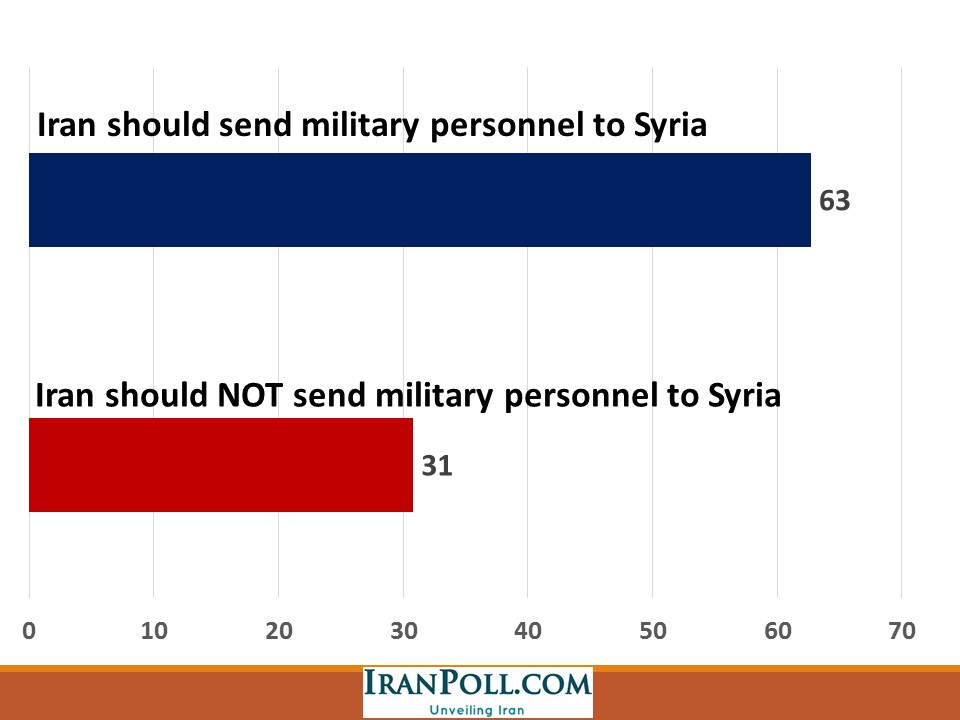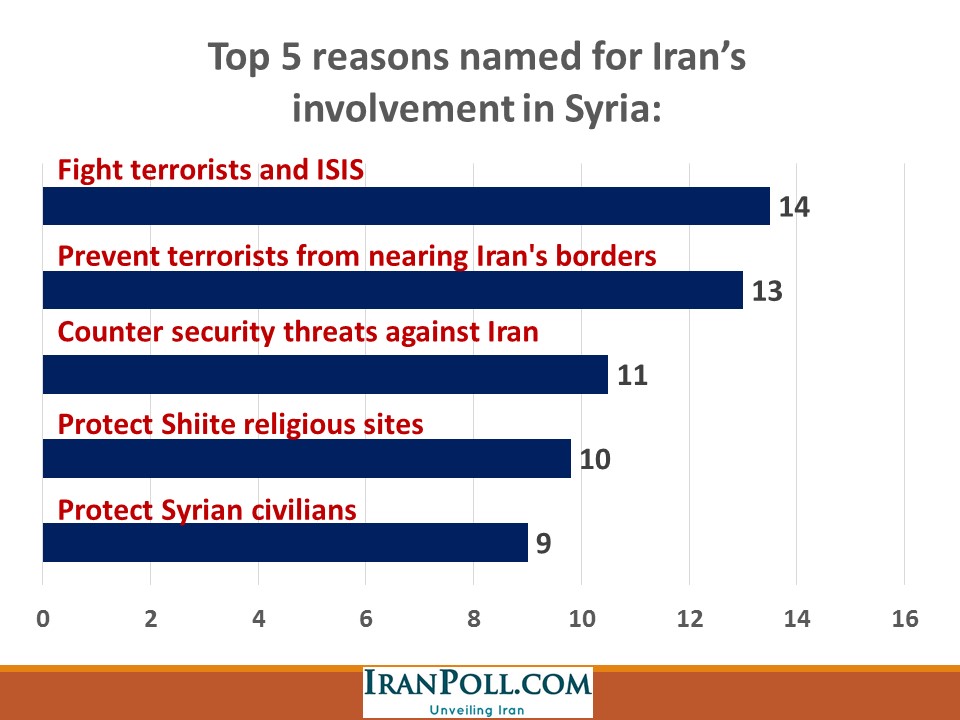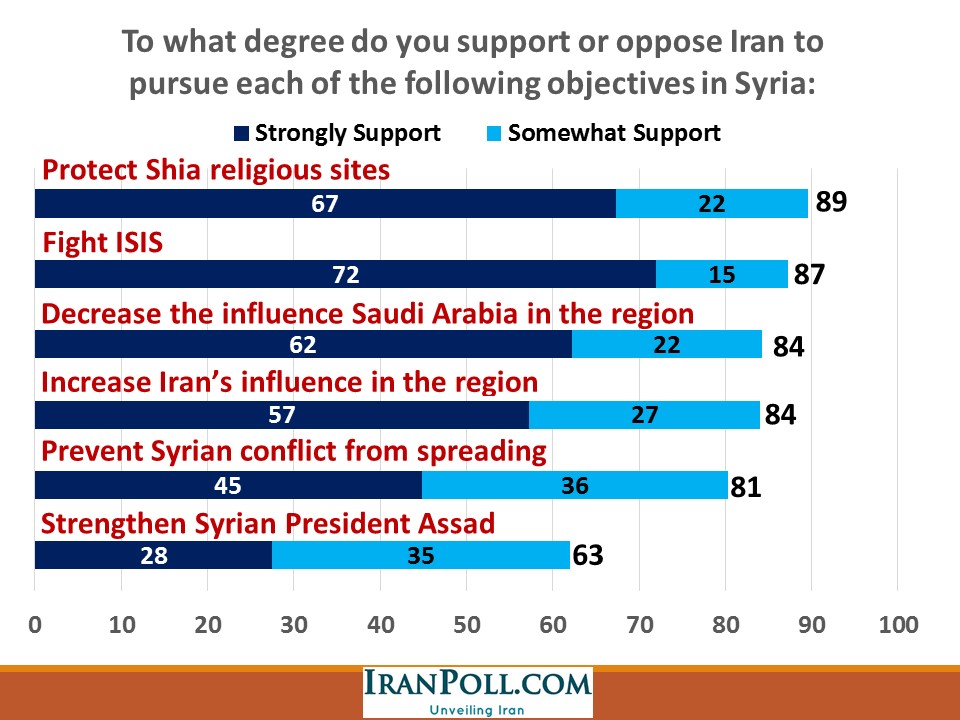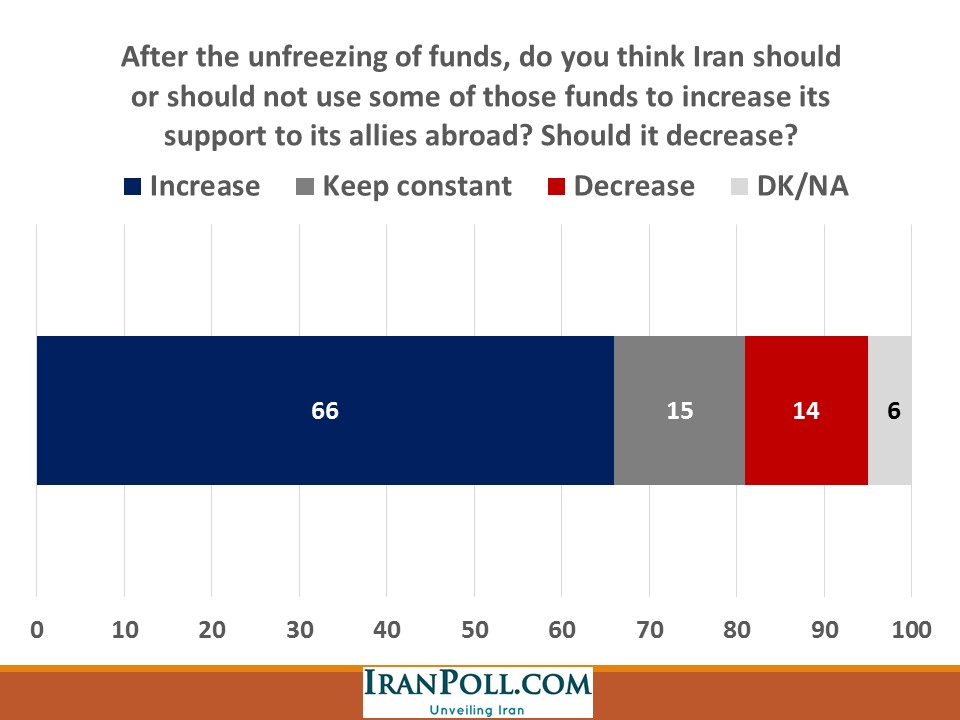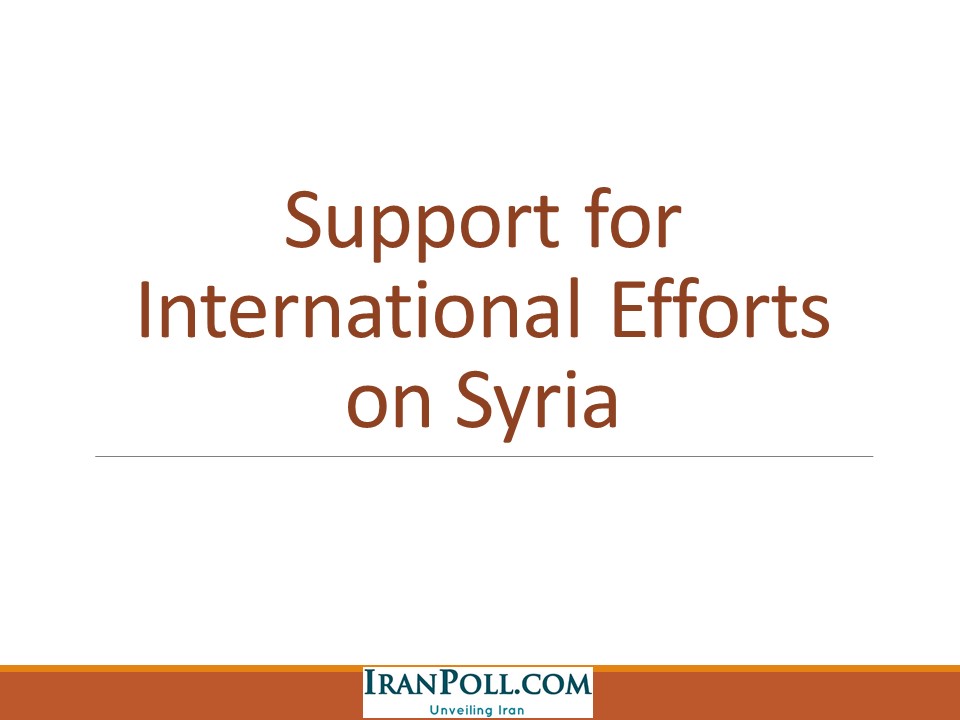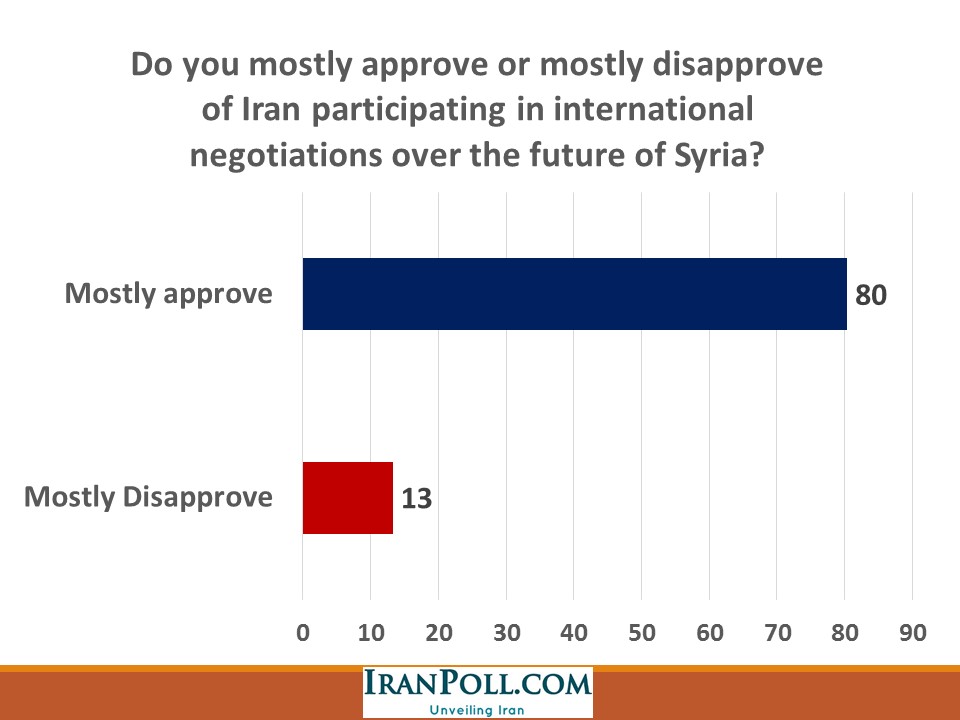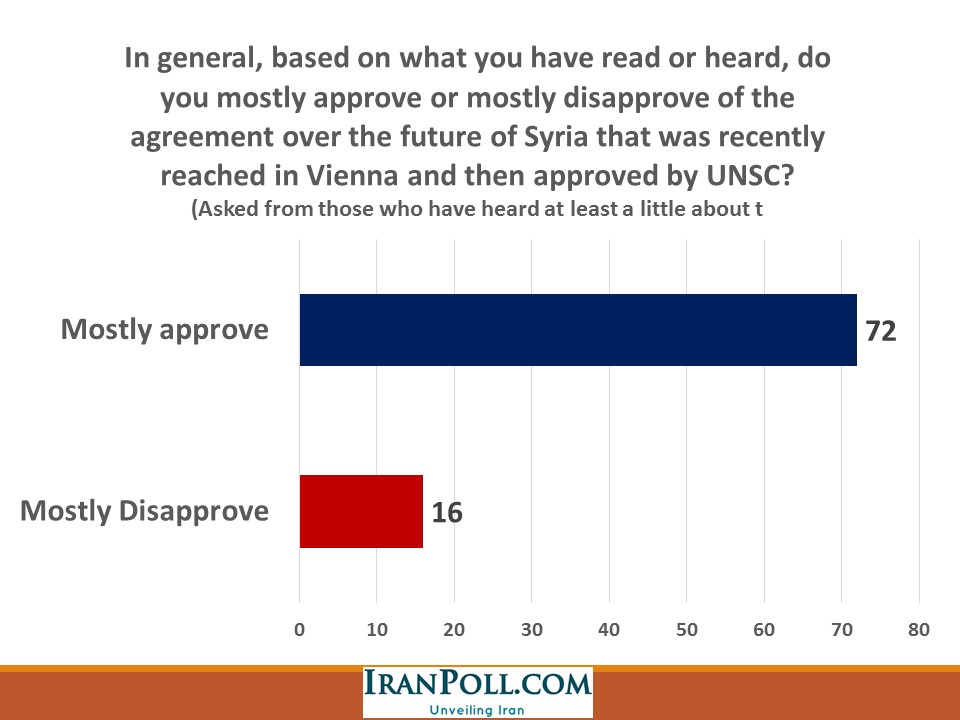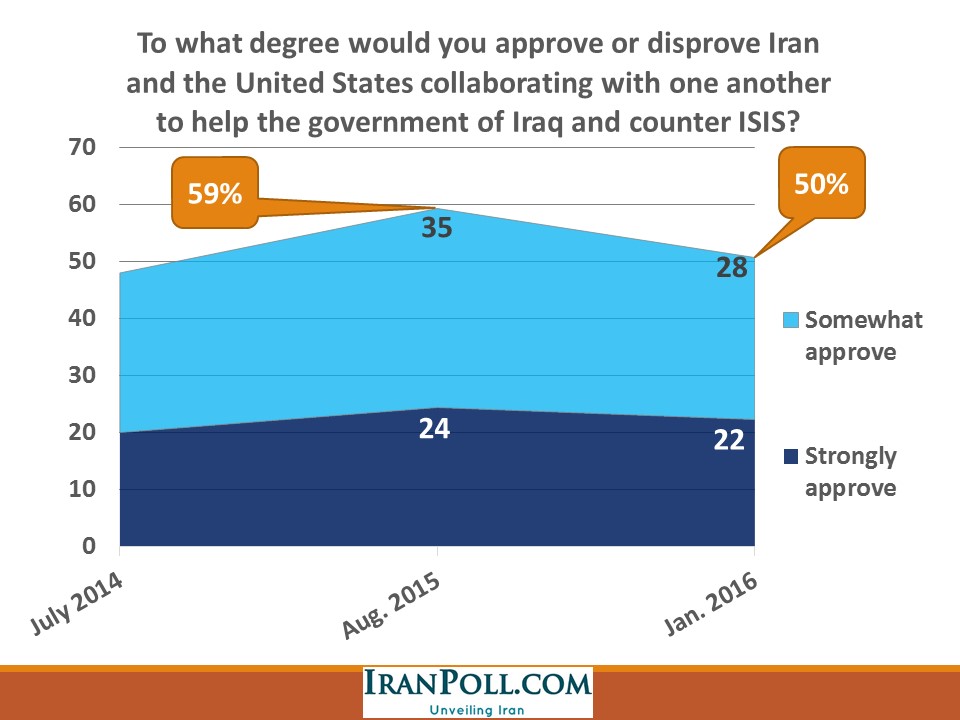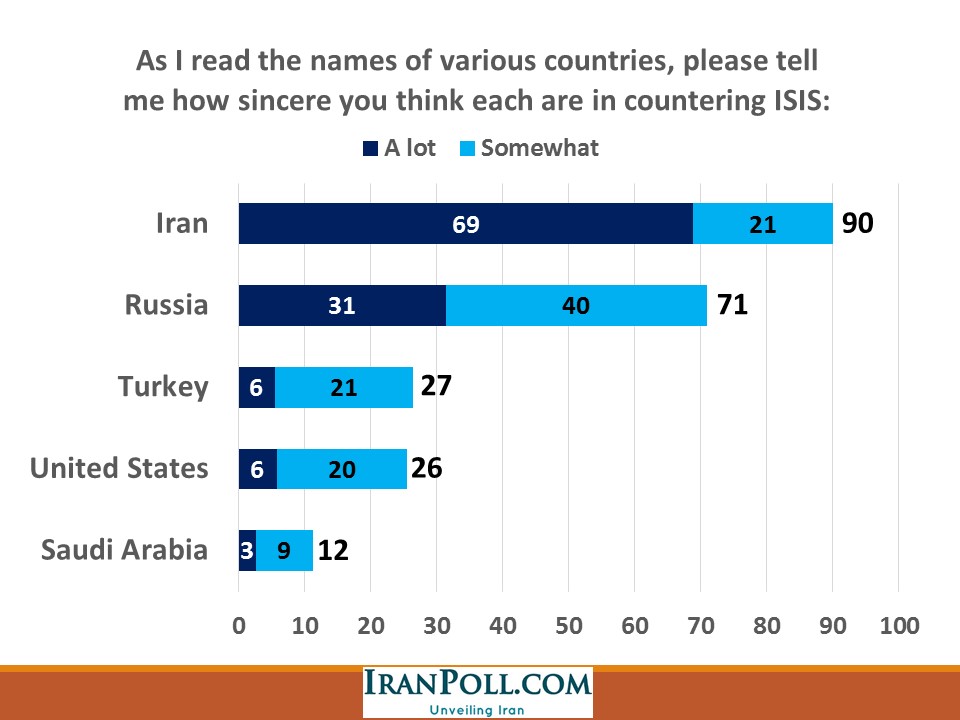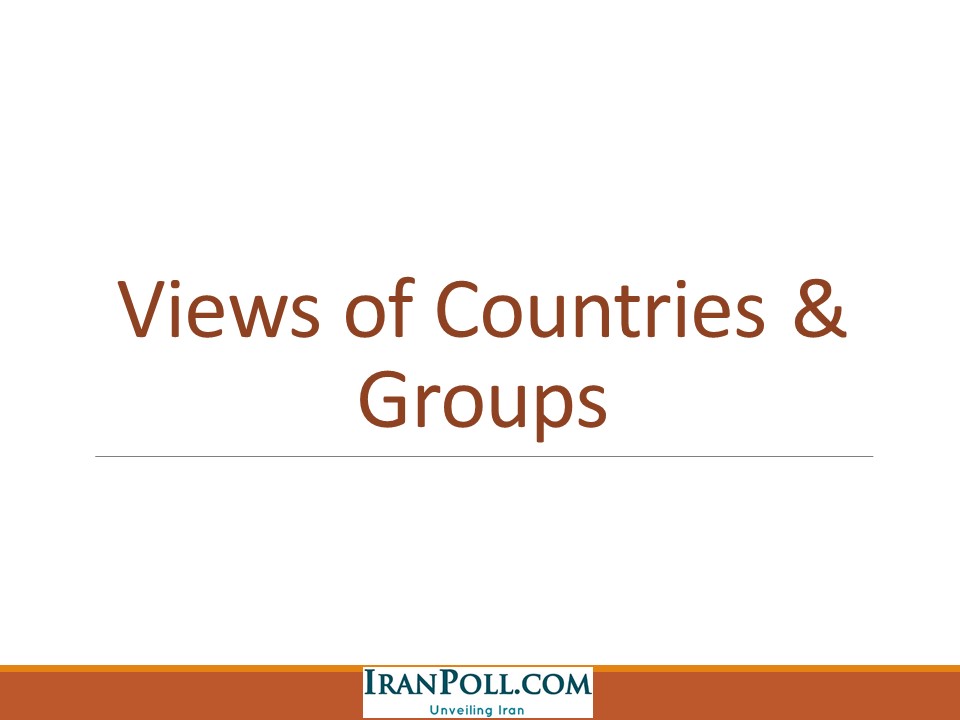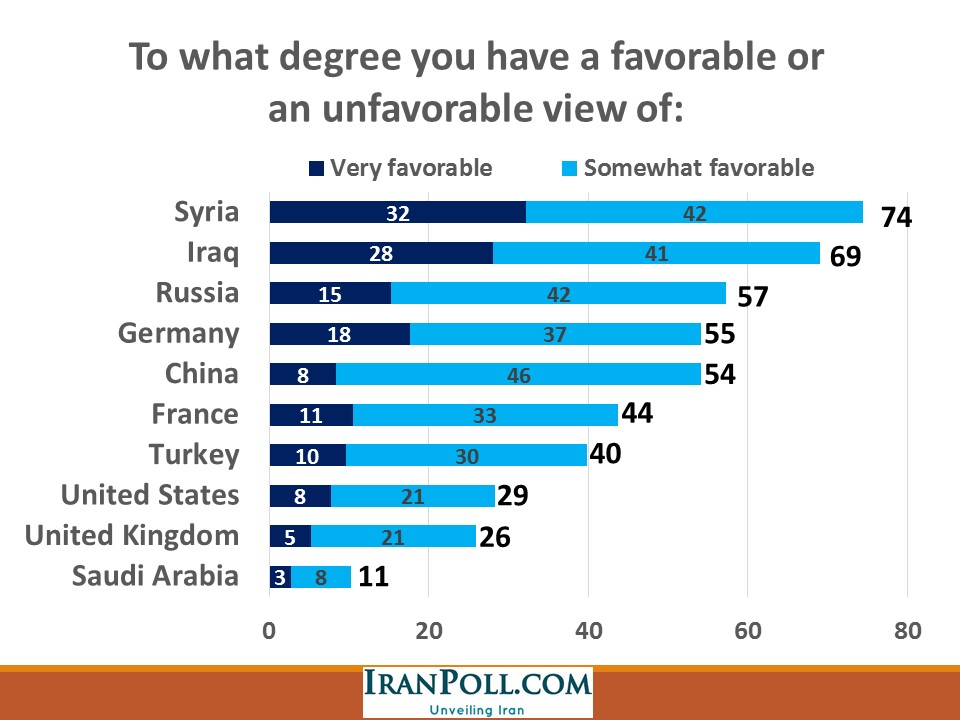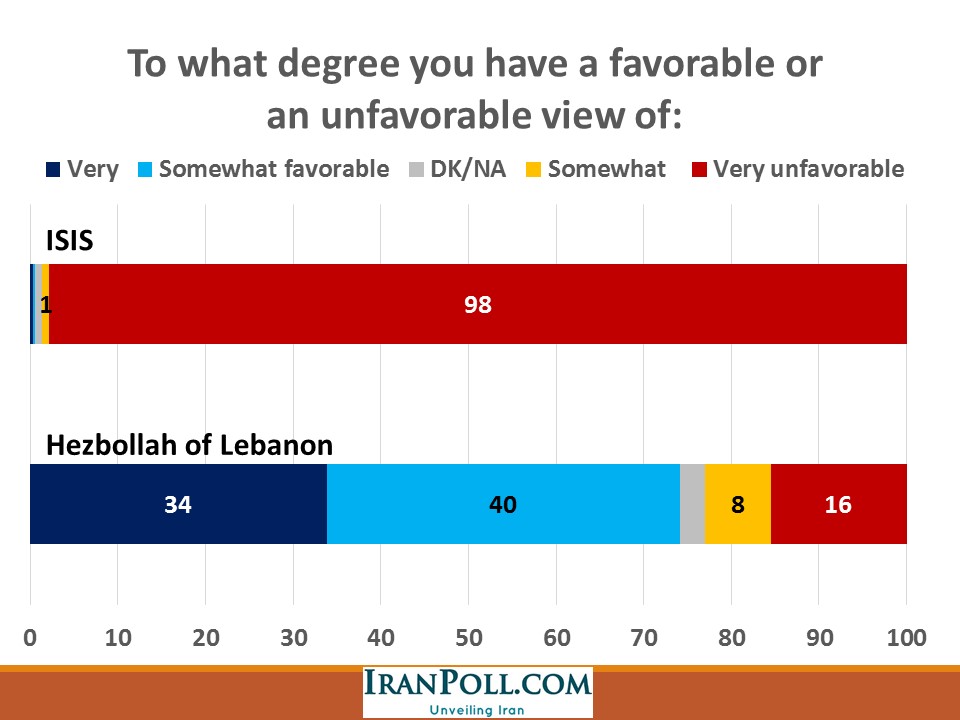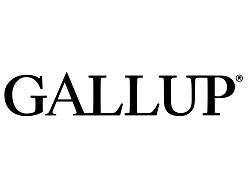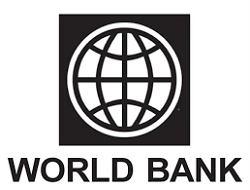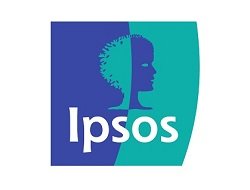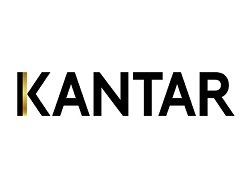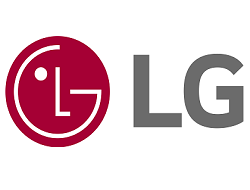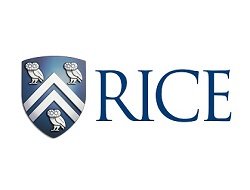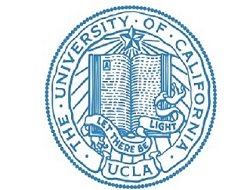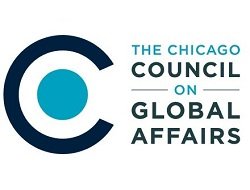Recently IranPoll.com conducted a nationally representative survey of Iranian regarding their perception and assessment of the nuclear deal one year after it was reached. The survey was conducted for the University of Maryland CISSM, which also designed the questionnaire and wrote the report.
Further details about our survey methodology is available here. Also, you can learn about our data collection capabilities here.
Please find the detailed trend and frequency tables of this poll here and the full report here. University of Maryland has also covered this poll here.
The survey covers a wide range of issues including:
- Perception of the nuclear deal one year after it was reached
- Rouhani’s standing as Iran’s 2017 Presidential elections nears
- Iran’s involvements in Syria
- View toward ISIS
- Views toward other countries
A year ago, when the nuclear deal was signed, 63 percent of Iranians said they expected tangible economic improvements within a year. However, a year later, three quarters (74%) of Iranians say there has been no improvement at all.
Such perceptions appear to be hurting President Hassan Rouhani’s prospects for reelection a year from now. Former President Mahmoud Ahmadinejad has closed the gap with Rouhani to just 8 points among likely voters in the next election, from a 27-point gap in May 2015.
A widely held perception is that the United States is obstructing sanctions relief. Three in four
Iranians think that the United States is actively preventing other countries from normalizing their trade and economic relations with Iran, contrary to its obligation in the nuclear agreement. Two in three Iranians believe that while the United States has lifted the sanctions it agreed to lift in the nuclear agreement, it is finding other ways to keep the negative effects of those sanctions. This may be contributing to the lack of improvement in views of the United States despite the nuclear deal: very large majorities—currently 73 percent —continue to have a negative view of the United States.
Eroding confidence in the benefits of the deal may be reducing popular support for it. A year ago and right after the nuclear agreement was signed, 76 percent of Iranians approved of the deal (43% strongly). Today, however, 63 percent approve of the deal (22% strongly).
Besides not yet receiving the anticipated benefits from the nuclear agreement, some of this
decline in support for the deal may also be related to the Iranian public gaining a somewhat more accurate understanding of its less popular aspects. A majority (60%, up from 33% last year) now realizes that Iran has accepted limits on its nuclear research. A majority (61%, up from 30% last year) also knows that many U.S. sanctions are not covered by the agreement and will continue.
Yet, a growing majority continues to believe, inaccurately, that under the deal, the International
Atomic Energy Agency is not permitted to inspect Iranian military sites under any conditions
(64%, up from 61% last year).
Below are links to the articles covering this poll:














